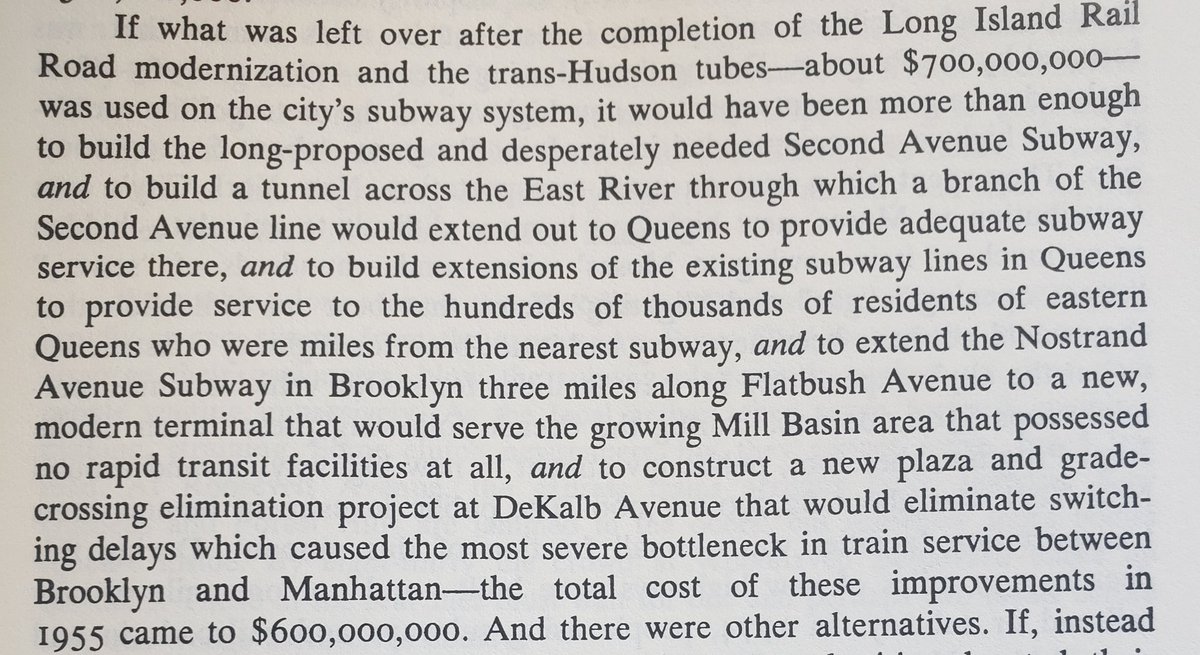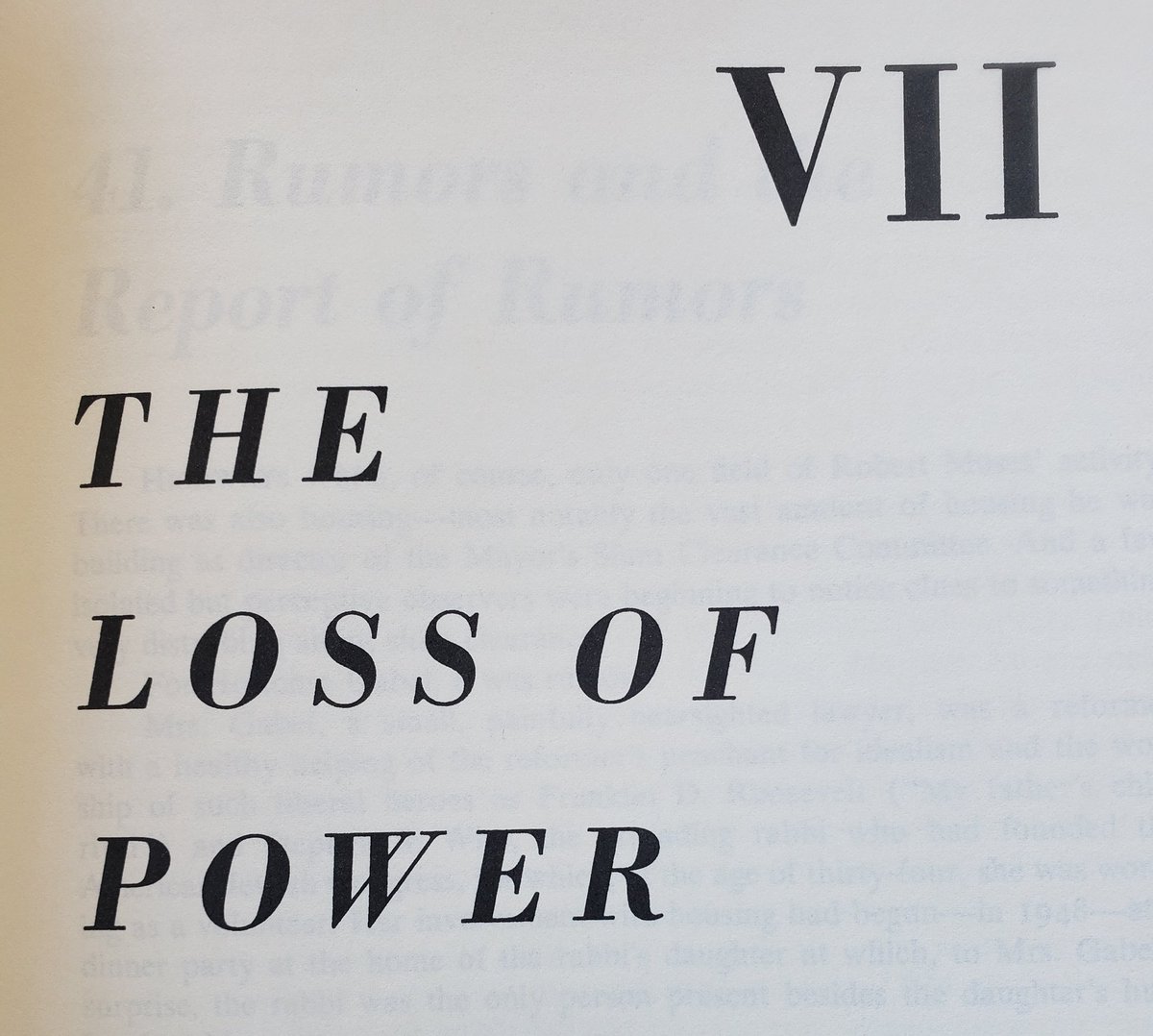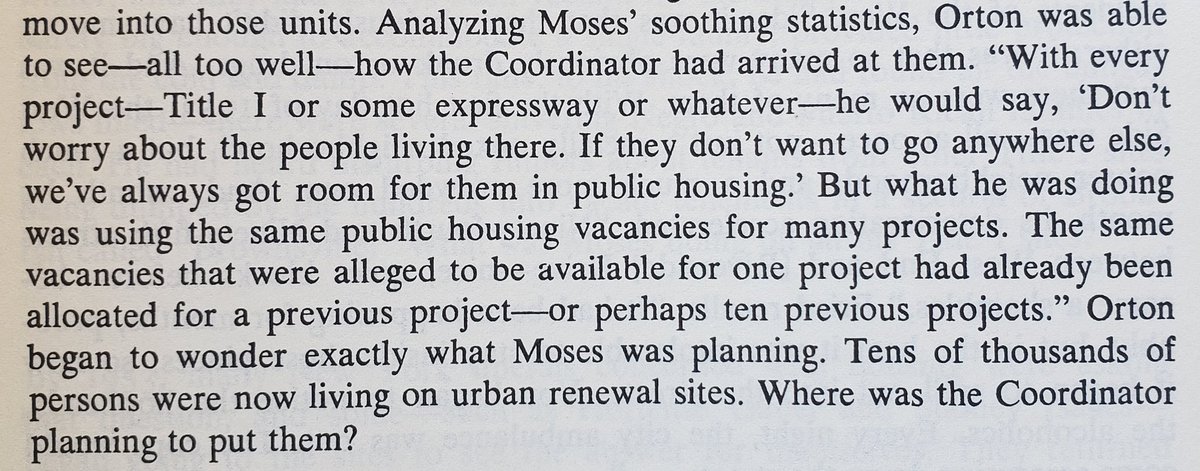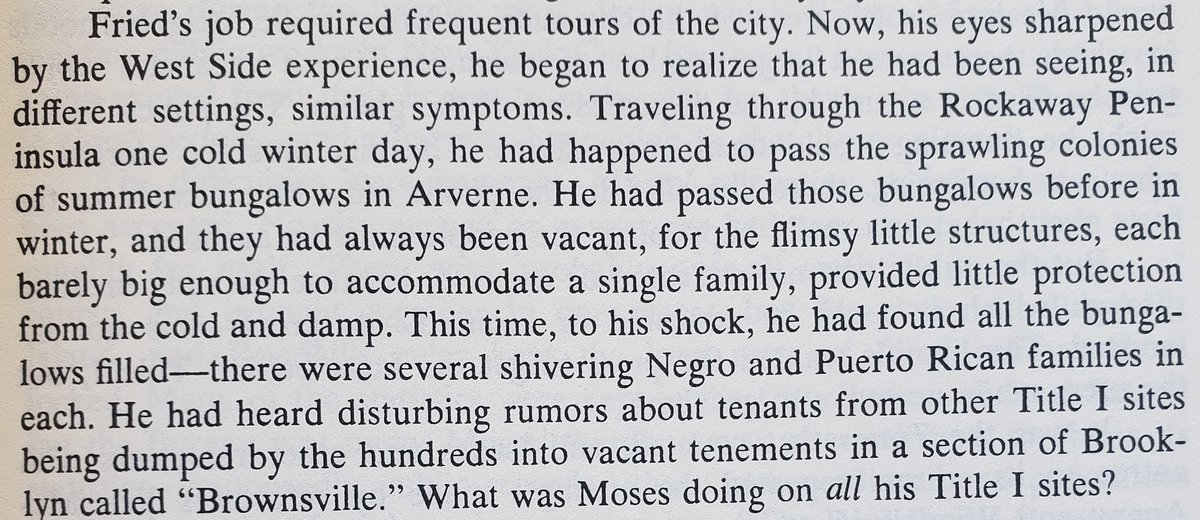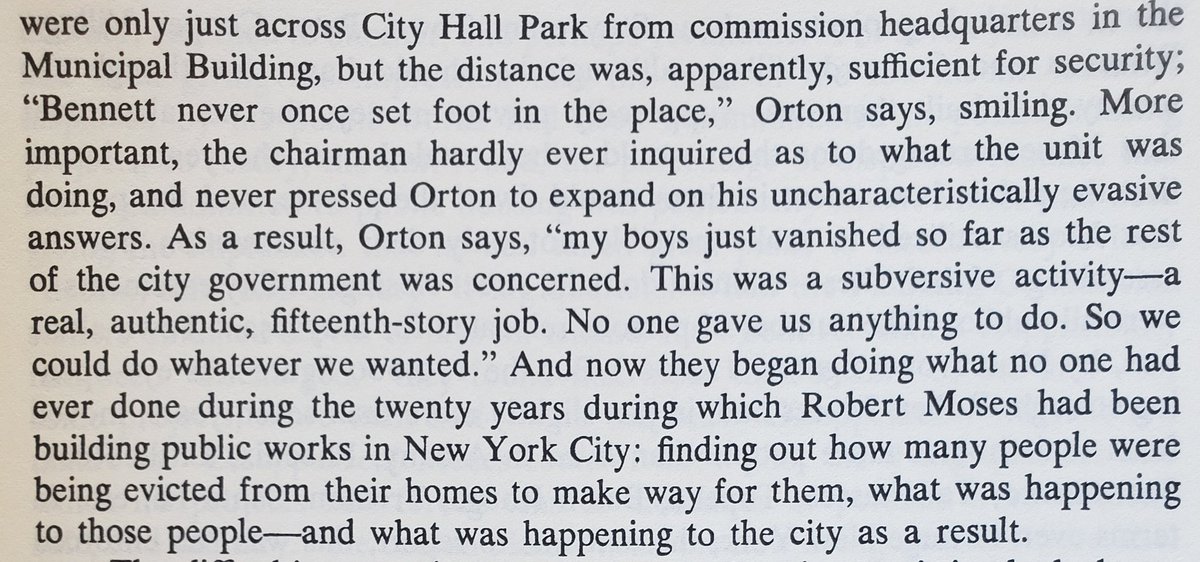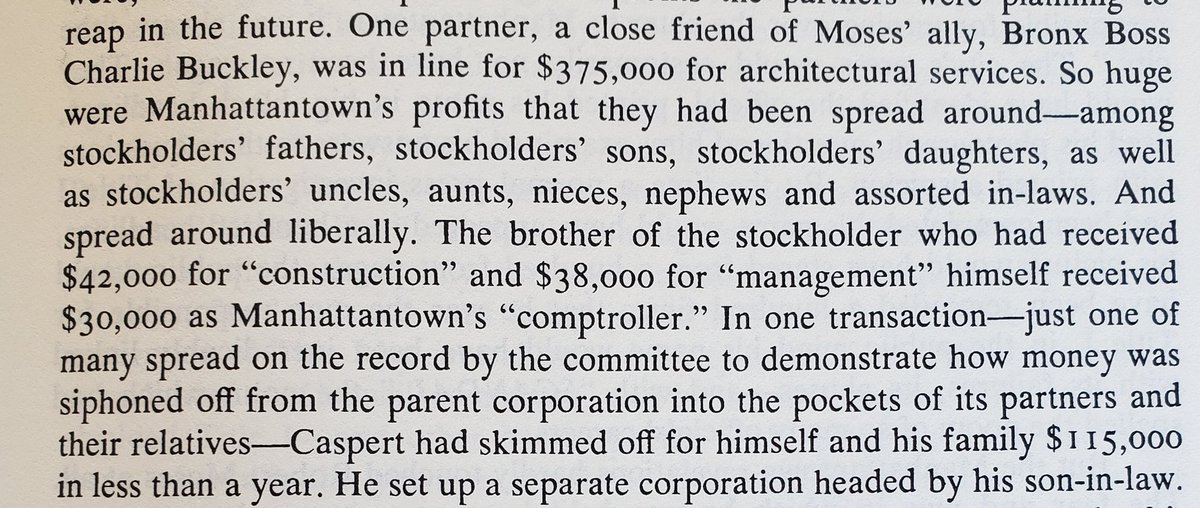I could give someone a concussion with this book.
Had no idea Lincoln Center was a Moses project.
LET& #39;S GO!
Now that I& #39;m done with the introduction I think I& #39;ll read this the same way that I& #39;ve been rereading Villette, in fifty page chunks (almost) every day.
I was trying to finally get back to Chernow& #39;s Grant before this but, lol, that& #39;s obviously on hold now.
Of course now I& #39;m reminded of this encounter, which happened at the Harvard Club in 2005 and was a reminder that this stuff was more recent than most people are willing to admit. https://twitter.com/sdpowell1/status/964326793103663104">https://twitter.com/sdpowell1...
Ted Coy and Tad Jones sound like names you& #39;d make up for college football players from the turn of the 20th century, but apparently they were very real.
"a little all-night luncheonette which served the turn-of-the-century equivalent of the late-evening hamburger---a heaping bowl of corn flakes and milk."
I like corn flakes but they would never be what I want at 1 AM.
Casually imagining a world in which Moses became a professor of literature or government.
They should& #39;ve let them get in at least one punch.
"[T]o force a return to the political democracy and economic individualism that Americans were fond of believing had once existed in their country"
*whispers* It never existed.
"John Calvin specifying permissible arrangements for women& #39;s hair in sixteenth-century Geneva was not more thorough than was Bob Moses enumerating the & #39;functions& #39; and & #39;responsibilities& #39; of New York& #39;s civil servants."
Calvin as comparison feels very pointed.
Calvin as comparison feels very pointed.
That& #39;s certainly a choice. (He worked with Moses early in his career.)
"[A]rrogance is, after all, one of the coefficients of money."
Reading the section outlining the history of Al Smith, so I& #39;ve put this on. https://open.spotify.com/track/5LZmp9HecTyRyfnEKpEm3Z?si=wxHZRb21RZ20_I_TtvwmIQ">https://open.spotify.com/track/5LZ...
The fact that Moses and Smith worked so well together while Moses and FDR hated each other& #39;s guts is confounding as hell.
Mostly on the Moses end as he definitely comes across as a classist snob and FDR was more of an equal in that regard.
But I& #39;m guessing it was kind of like magnets, likeness leading to repulsion. I& #39;m sure I& #39;ll get to that...soonish.
In the meantime, this dude just showed up (as Democratic floor leader in the State Senate and not yet mayor). https://twitter.com/sdpowell1/status/1254483767265124353">https://twitter.com/sdpowell1...
Someone keeping raccoons as pets brings only one person to mind.
"An idea was no good without power behind it, power to make people adopt it, power to reward them when they did, power to crush them when they didn& #39;t."
This was a lesson that Moses learned during Smith& #39;s second term as Governor, and I& #39;d say one might consider it the central theme of this tale.
This is not an "oh" of shock. I know that they flourished in all parts of the country during the 1920s.
The section on the ridiculous excess and behavior of the robber barons of Long Island in the 1920s is, um, not short.
It will never not be a mindfuck that Moses, lover of highways, never learned how to drive.
Ooo!
Was supposed to maybe go to Fire Island for the first time for a friend& #39;s birthday weekend early last month. Obviously that did not happen.
Was supposed to maybe go to Fire Island for the first time for a friend& #39;s birthday weekend early last month. Obviously that did not happen.
Obviously this is not to say that the robber barons weren& #39;t being ridiculous with their hoarding of thousands and thousands of acres on Long Island.
Not that I& #39;m on the robber barons& #39; side generally, but the fact that they and all of their money couldn& #39;t stop Moses (and his actually illegal actions to claim lands on Long Island) really set the stage for normal people to get fucked over by him.
"Once you sink that first stake, they& #39;ll never make you pull it up" reminds me of a Jean-Jacques Rousseau quotation on private property.
I wish all of my books from my politics courses weren& #39;t back in Boston so I could quote it.
Also sorry to the bug I killed on this page.
Also sorry to the bug I killed on this page.
"Nothing I have ever done has been tinged with legality."
 https://abs.twimg.com/emoji/v2/... draggable="false" alt="😡" title="Schmollendes Gesicht" aria-label="Emoji: Schmollendes Gesicht">
https://abs.twimg.com/emoji/v2/... draggable="false" alt="😡" title="Schmollendes Gesicht" aria-label="Emoji: Schmollendes Gesicht"> https://abs.twimg.com/emoji/v2/... draggable="false" alt="😡" title="Schmollendes Gesicht" aria-label="Emoji: Schmollendes Gesicht">
https://abs.twimg.com/emoji/v2/... draggable="false" alt="😡" title="Schmollendes Gesicht" aria-label="Emoji: Schmollendes Gesicht"> https://abs.twimg.com/emoji/v2/... draggable="false" alt="😡" title="Schmollendes Gesicht" aria-label="Emoji: Schmollendes Gesicht">
https://abs.twimg.com/emoji/v2/... draggable="false" alt="😡" title="Schmollendes Gesicht" aria-label="Emoji: Schmollendes Gesicht"> https://abs.twimg.com/emoji/v2/... draggable="false" alt="😡" title="Schmollendes Gesicht" aria-label="Emoji: Schmollendes Gesicht">
https://abs.twimg.com/emoji/v2/... draggable="false" alt="😡" title="Schmollendes Gesicht" aria-label="Emoji: Schmollendes Gesicht">
To my earlier point. https://twitter.com/sdpowell1/status/1268313166695395328">https://twitter.com/sdpowell1...
I am 250 pages into this book and there is still SO MUCH left. Lol.
Reading about Moses steamrolling these old dudes who he& #39;s supposed to be working with on the Niagara state park is...
They have the same goals as him and yet!
"And he picked it up---and turned it as a weapon on those who had not thought it important and destroyed them with it."
"Robert Moses himself was conspicuously uninterested in social welfare reforms."
Lol, no duh.
Lol, no duh.
I& #39;ve always wondered why the Secretary of State in basically every state in the country handles such a random assortment of tasks.
Please go to the website of your Secretary of State and see how absolutely random the categories are.
Smith made Moses the first NY Secretary of State?!?!?
I couldn& #39;t help it.
"Disregard for the law, of course, implies regard for that which law is a barrier against: naked power, power sufficient to bend society or individuals, if not protected by law, to its will. And this, too, now became noticeable in the character of Robert Moses."
This trait of FDR& #39;s gets touched on in Burns& #39; The Roosevelts, but that nickname does not get a mention.
Okay, to be fair to Moses here, Caro doesn& #39;t mention until a full page later that this happened after someone called him a slur.
Moses had a fucking awful temper, but that other dude definitely crossed a line.
"Roosevelt wouldn& #39;t interfere even when he found out that Moses was discouraging Negroes from using many of his state parks."
This, on the other hand, was completely unacceptable.
This, on the other hand, was completely unacceptable.
And this is why "urban renewal" deserves to be put in scare quotes. I doubt he was the only person in his field who thought this way.
Oh, I didn& #39;t know that Smith ran against Roosevelt for the Democratic nomination in the 1932 Presidential election.
Oof, James Walker was truly a piece of shit as Mayor of New York.
This is in the section outlining the economic woes of NYC& #39;s government in the first year& #39;s of the Great Depression.
This specific form of cost-cutting is rather familiar.
This specific form of cost-cutting is rather familiar.
Caro describes NYC traffic infrastructure issues (as of 1932) for nearly three pages, and it makes it easy to see why someone of Moses& #39; character, and with his project completion record, was able to take it over.
"As for New York& #39;s parks, they were scabs on the face of the city."
"Walker owed Solomon a great debt. The restauranteur had introduced him to his favorite tailor."
Lol, that& #39;s a shady ass line.
Lol, that& #39;s a shady ass line.
Look who just arrived. https://twitter.com/sdpowell1/status/1254488935419441157">https://twitter.com/sdpowell1...
Ah, so that& #39;s how Moses finally got his hands on New York City.
La Guardia promptly asked Moses to join his administration after he won.
"With few exceptions---City Hall is perhaps the most notable---the public works of New York City were hack work designed by hacks."
Lol, this is Caro NOT Moses.
Lol, this is Caro NOT Moses.
"[Moses] is the passing creature of a day. He will in time, and that not long, be superseded."
If only Judge Carew knew.
If only Judge Carew knew.
401 pages down. 761 to go.
That part about the public not knowing his true beliefs. (This is in the beginning of the chapter talking about his run for Governor of New York as the GOP candidate.)
"[I]n keeping with the custom of the era the campaign ran for only five weeks."
What an absolute fucking dream that would be now.
What an absolute fucking dream that would be now.
"If there was a blunder that could be made [during the 1934 gubernatorial race], Moses made it."
Oof: Part I& #39;ve Lost Count.
FDR, in a failed stab at belated revenge, accidentally giving Moses back his shine after the latter alienated almost everyone during his gubernatorial campaign is...
Let me clear, refusing to provide federal funds for a city& #39;s public works projects during the Great Depression until the dude you& #39;ve been feuding with for years is sacked is EXTREMELY dickish behavior.
All of these men are very petty.
The next section lists the slurs Moses would use when privately talking about La Guardia.
"They made [Moses] a myth. And a man who had to go to the electorate couldn& #39;t fire a myth."
Lol, Moses just refused to give over a few acres of land on the edge of a planned park for a school.
A. School.
A. School.
Basically the federal government, which was providing funds for the city& #39;s public works because of the Depression, wanted results, and unfortunately for non-parks plans, Moses was VERY good at getting results.
"By employing forces outside the city& #39;s control, he was remaking the city in certain crucial areas without allowing the city any say in that remaking."
Moses turning to red baiting as a way to get rid of opponents is unsurprising.
That question from Starnes did make me chuckle though. Like, go ask his ghost I guess.
That question from Starnes did make me chuckle though. Like, go ask his ghost I guess.
Moses& #39; work within the city obviously came up against that thing he had no time for, its people.
"It was lack of time more than any other single reason that accounted for an astonishing fact about many New York City park projects: they were banal."
Just one of many reasons why the law previously stated that you couldn& #39;t simultaneously hold both a city and state position.
Of course Moses himself wrote the law that exempted him from that consideration.
Of course Moses himself wrote the law that exempted him from that consideration.
Thinking about the simple joy of sitting in a park in the middle of a city and sinking your bare toes into the grass and getting upset at this nonsense.
"Power is being able to laugh at people who oppose you and to laugh at them with impunity, to antagonize them without fear of reprisal. Now Robert Moses seemed to be going out of his way to laugh at people."
That& #39;s from the first page of the "The Love of Power" section and...
500 pages down. 662 to go.
I would say that Moses acted like a petulant child in his dealings with the Columbia Yacht Club (which agreed to move!), but that would be unfair to children.
"Most of Robert Moses& #39; neighborhood playgrounds had, in other words, been built in the neighborhoods that needed playgrounds least. Few of the playgrounds had been built in the neighborhoods that needed playgrounds most."
255 playgrounds built in the 1930s and only ONE of them in Harlem.
This reminds me that there& #39;s a book about pools and race that I want to read. I need to go in search of its title.
Well I guess now I know where to direct my ire about what a pain it was to get to a concert on Randall& #39;s Island during my last summer living in NYC.
"Brooklyn& #39;s borough president called Moses an artist who, in his own field, ranked with Leonardo da Vinci."
Da Vinci DEFINITELY rolled over in his grave when that comparison was made.
Da Vinci DEFINITELY rolled over in his grave when that comparison was made.
In news you won& #39;t be surprised to learn, the two miles of Riverside Park south of 110th street were done up "lavishly."
This is all from the section on the building of the Hudson River Parkway.
Yeah, Moses& #39; obsession with drivers having pretty views is weird af. But then he didn& #39;t drive so...
One should not be in charge of shaping a place, especially a city, to this extent if one doesn& #39;t understand how quickly the needs of said place can transform.
But of course by the mid-1930s Moses had filled his staff with yes men, so who was going to tell him that he was being obstinate.
Me once every four pages:
I think it& #39;s fairly obviously that Caro chose that word in order to bring to mind a tomb or a coffin.
This "like Galahad, his strength is as the strength of ten because his heart is pure" quotation from a profile of Moses in Fortune is HILARIOUS.
575 pages down puts me just six shy of halfway done.
Me when the end of my daily reading allotment falls on the last page of a chapter:
The beginning of this chapter on Moses& #39; brother Paul reads like a scene out of a prestige limited series.
Oh, that& #39;s why that was brought up.
Ah, so it was La Guardia who kept Moses out of public housing initially.
Looks like someone& #39;s about to play fast and loose while interpreting the Constitution.
The authority referenced here is Triborough and the revenue is tolls from the now-packed bridges that he built.
Basically he could replace the old bonds with new bonds with new expiration dates and replace those bonds with new bonds and on and on forever, which gave the Authority no end date.
"Robert Moses was interested in money and power, and he no longer needed elective office to obtain those prizes. After the passage of his authority amendments, he had them already."
Sigh.
Sigh.
Oh, this asshole is not about to demolish a popular aquarium housed in a building that had been important to the city& #39;s history for nearly two centuries, is he?
Like many, it took Moses trying to ruin something the reformers personally loved for them to finally break with him.
"The will of the public might not be heard if the public most directly concerned was some local housewives& #39; group or chamber of commerce, they admitted, but, they believed, *their* will would always recieve the fullest of hearings."
"Stanley Isaacs [Manhattan Borough President] had read the [Brooklyn-Battery Bridge] brochure with care."
Thank goodness someone is FINALLY doing the reading.
Thank goodness someone is FINALLY doing the reading.
I just Googled this bridge to see what it looks like and learned it never got built!
The shock! The joy!
The shock! The joy!
NYC has a lot of bridges and I rarely went that far south in Manhattan when I lived there.
Me approaching the section about this bridge vs. tunnel City Council hearing:
Moses just called one of his opponents, a decades-long leader in reform, "an exhumed mummy" and got crickets in response.
FDR and Eleanor about to finally get some revenge it seems.
In an earlier section, Caro talked about Moses saying absolutely vicious things about Eleanor& #39;s looks.
In an earlier section, Caro talked about Moses saying absolutely vicious things about Eleanor& #39;s looks.
Lol, she didn& #39;t even mention his name. "[A] New York official."
Took a little break but now I& #39;m back.
I spoke too soon. https://twitter.com/sdpowell1/status/1278080089624739840">https://twitter.com/sdpowell1...
Well they couldn& #39;t save the Aquarium, but they saved some of Fort Clinton.
His hostile (in intent but not in actual execution) takeover of the Tunnel Authority is tough to see unfold.
And on that shitty note, I reach 700 pages down and 462 to go.
"I& #39;m sure he& #39;ll be reasonable and considerate while drafting that definition," she says in a voice dripping with sarcasm.
The "machine" here is the Democratic Party machine.
This reminds me that I need to get back to Billions.
This reminds me that I need to get back to Billions.
Should I send this Al Smith quotation to my mother the next time she "casually" brings up law school?
That four and a half billion dollars figure is astounding.
The fifteen years being talked about are those directly after the end of WWII.
The fifteen years being talked about are those directly after the end of WWII.
"In 1953, the year in which the Herald Tribune was stating that authorities & #39;are free from politics,& #39; three of the five county leaders of the machine that dominated the city& #39;s politics were therefore on Moses& #39; payroll."
 https://abs.twimg.com/emoji/v2/... draggable="false" alt="🙃" title="Auf den Kopf gestelltes Gesicht" aria-label="Emoji: Auf den Kopf gestelltes Gesicht">
https://abs.twimg.com/emoji/v2/... draggable="false" alt="🙃" title="Auf den Kopf gestelltes Gesicht" aria-label="Emoji: Auf den Kopf gestelltes Gesicht"> https://abs.twimg.com/emoji/v2/... draggable="false" alt="🙃" title="Auf den Kopf gestelltes Gesicht" aria-label="Emoji: Auf den Kopf gestelltes Gesicht">
https://abs.twimg.com/emoji/v2/... draggable="false" alt="🙃" title="Auf den Kopf gestelltes Gesicht" aria-label="Emoji: Auf den Kopf gestelltes Gesicht"> https://abs.twimg.com/emoji/v2/... draggable="false" alt="🙃" title="Auf den Kopf gestelltes Gesicht" aria-label="Emoji: Auf den Kopf gestelltes Gesicht">
https://abs.twimg.com/emoji/v2/... draggable="false" alt="🙃" title="Auf den Kopf gestelltes Gesicht" aria-label="Emoji: Auf den Kopf gestelltes Gesicht"> https://abs.twimg.com/emoji/v2/... draggable="false" alt="🙃" title="Auf den Kopf gestelltes Gesicht" aria-label="Emoji: Auf den Kopf gestelltes Gesicht">
https://abs.twimg.com/emoji/v2/... draggable="false" alt="🙃" title="Auf den Kopf gestelltes Gesicht" aria-label="Emoji: Auf den Kopf gestelltes Gesicht">
My Series 65 knowledge proving surprisingly useful now that I& #39;m in the midst of this section about why the banks loved the bonds issued by the Triborough Authority.
Moses got over (correction: hid when necessary) his distaste for unions as the ones he needed to work with gained more power. And he and the leaders found some...common ground.
He tried to condemn a load of buildings for a fucking Macy& #39;s?!?
(Henry Barnes was the Traffic Commissioner in the early 1960s.)
(Henry Barnes was the Traffic Commissioner in the early 1960s.)
Hadn& #39;t previously thought of it this was, but it seems obvious now.
These, um, happenings from when William O& #39;Dwyer (Mayor of NYC after La Guardia) was District Attorney are  https://abs.twimg.com/emoji/v2/... draggable="false" alt="👀" title="Augen" aria-label="Emoji: Augen">
https://abs.twimg.com/emoji/v2/... draggable="false" alt="👀" title="Augen" aria-label="Emoji: Augen"> https://abs.twimg.com/emoji/v2/... draggable="false" alt="👀" title="Augen" aria-label="Emoji: Augen">
https://abs.twimg.com/emoji/v2/... draggable="false" alt="👀" title="Augen" aria-label="Emoji: Augen"> https://abs.twimg.com/emoji/v2/... draggable="false" alt="👀" title="Augen" aria-label="Emoji: Augen">
https://abs.twimg.com/emoji/v2/... draggable="false" alt="👀" title="Augen" aria-label="Emoji: Augen"> https://abs.twimg.com/emoji/v2/... draggable="false" alt="👀" title="Augen" aria-label="Emoji: Augen">
https://abs.twimg.com/emoji/v2/... draggable="false" alt="👀" title="Augen" aria-label="Emoji: Augen">
"Years later, living in Mexico City in what [O& #39;Dwyer] defiantly insisted was not exile..."
In case you& #39;re wondering, here& #39;s the footnote. "Among & #39;frills& #39; Moses specifically objected to: covers on toilet bowls, doors on closets."
I& #39;m nearly 800 pages into this book and still find myself flabbergasted every time he gets schools, hospitals, etc. pushed aside in favor of his highways and bridges.
Honestly shocked that Stanley Isaacs hasn& #39;t punched Moses in the face...yet.
Reminder that the doubling of the subway fare from five cents to ten cents was only a handful of years in the past at this point.
My phone suggested "fucking" when I was trying to type "doubling," and honestly that& #39;s not technically wrong.
"Bridges were painted every three years. Rare was the school that was painted that often. Rare was the school that was painted every five years. At the end of the Impellitteri administration, there were five schools that had not been painted in twenty years."
800 pages down. 362 to go.
"Watching them, you got disgusted with your fellow man."
This about the employees aka sycophants that Moses surrounded himself with.
This about the employees aka sycophants that Moses surrounded himself with.
If you know anything about how Peter the Great built his capital, then you know that this is a fucking brutal analogy.
Those three months I used Empire of the Tsars as white noise when going to bed proving useful.
Climate change might come for some of these changes (specifically the shoreline), but I think Caro& #39;s assertion in 1974 is still true today.
"In the shaping of New York, Robert Moses was comparable only to some elemental force of nature."
Of course he did.
This is from the section on the highways he built through the heart of New York City.
This is from the section on the highways he built through the heart of New York City.
This particular chapter is called "The Meat Ax." https://twitter.com/sdpowell1/status/1255970335175761920">https://twitter.com/sdpowell1...
"He enjoyed using them---for using them gave him what was his greatest pleasure: the imposition of his will on other people."
This chapter about this one mile of the Cross-Bronx Expressway that would eventually cut through East Tremont is making me angrier than all of the preceding chapters.
19 families vs. 1,530 families!!!!
"The key figures behind Nassau Management, men who would profit from the relocation of the East Tremont tenants, were...three of Moses& #39; key aides."
"& #39;As soon as the top floor of a building was empty, they& #39;d start tearing off the roof and the top stories, even,& #39; says Mrs. Edelstein. & #39;While people were still living in it, they were tearing it down around their heads!& #39;"
"After the tenants had been rushed out of their homes, it turned out there had been no real need to rush after all."
"Construction of the final segment of the Cross-Bronx Expressway...would not be completed until 1973. The rest of the Cross-Bronx Expressway would not be completed until 1973."
They moved those families out in 1955.
They moved those families out in 1955.
"[W]ithout a balanced system, roads not only would not alleviate transportation congestion but would aggravate it."
Mmhmm.
Mmhmm.
900 pages down. 262 to go.
"[I]nto areas of the city in which highways were not needed, in which the need for highways would be created by the highways"
 https://abs.twimg.com/emoji/v2/... draggable="false" alt="😑" title="Ausdrucksloses Gesicht" aria-label="Emoji: Ausdrucksloses Gesicht">
https://abs.twimg.com/emoji/v2/... draggable="false" alt="😑" title="Ausdrucksloses Gesicht" aria-label="Emoji: Ausdrucksloses Gesicht"> https://abs.twimg.com/emoji/v2/... draggable="false" alt="😑" title="Ausdrucksloses Gesicht" aria-label="Emoji: Ausdrucksloses Gesicht">
https://abs.twimg.com/emoji/v2/... draggable="false" alt="😑" title="Ausdrucksloses Gesicht" aria-label="Emoji: Ausdrucksloses Gesicht"> https://abs.twimg.com/emoji/v2/... draggable="false" alt="😑" title="Ausdrucksloses Gesicht" aria-label="Emoji: Ausdrucksloses Gesicht">
https://abs.twimg.com/emoji/v2/... draggable="false" alt="😑" title="Ausdrucksloses Gesicht" aria-label="Emoji: Ausdrucksloses Gesicht"> https://abs.twimg.com/emoji/v2/... draggable="false" alt="😑" title="Ausdrucksloses Gesicht" aria-label="Emoji: Ausdrucksloses Gesicht">
https://abs.twimg.com/emoji/v2/... draggable="false" alt="😑" title="Ausdrucksloses Gesicht" aria-label="Emoji: Ausdrucksloses Gesicht">
Guess I& #39;m just gonna be in full rage mode for the rest of this book.
Any time I fly to NYC now I& #39;m gonna be thinking about the fact that this mode of getting to JFK without the AirTrain transfer could have existed.
Just laughing darkly about the fact that the G, my sworn enemy during my time living in Clinton Hill, is still the only train kind of connecting these two areas.
Over 900 pages into this book and I have yet to understand Moses& #39; insistence (beyond simply being a stubborn asshat) on plowing through neighborhoods when there are other non-invasive, often cheaper routes.
The screams I am suppressing right now.
Reminder that the first phase of the Second Avenue subway only opened in 2017.
Reminder that the first phase of the Second Avenue subway only opened in 2017.
"In 1974, people using subways and railroads in and around New York were still riding on tracks laid between 1904 and 1933, the last year before Robert Moses came to power in the city. Not a single mile had been built since."
So kind of him to fuck over future generations by purposefully building the bridges low on his beloved Long Island parkways because he didn& #39;t want buses ever using them.
This is the section on his work in housing...
I& #39;m at t-200 pages though!
If the previous section on East Tremont is anything to go by, then the answer to that final question was "lol, nowhere."
The fact that the Master Plan unit of the City Planning Commission basically had to go underground...
And then you turn the page to chapter 42.
"That issue might never have arisen if some engineer hadn& #39;t left his blueprints lying around during lunch hour."
"That issue might never have arisen if some engineer hadn& #39;t left his blueprints lying around during lunch hour."
"Moses& #39; image as park defender was still intact only because the public has never been given a close look at his park controversies. But at any substantial controversy in Central Park, the press would give the people a very close look indeed."
You might remember Isaacs from earlier in this thread when he was the only one doing the gd reading of Moses& #39; bills.

 Read on Twitter
Read on Twitter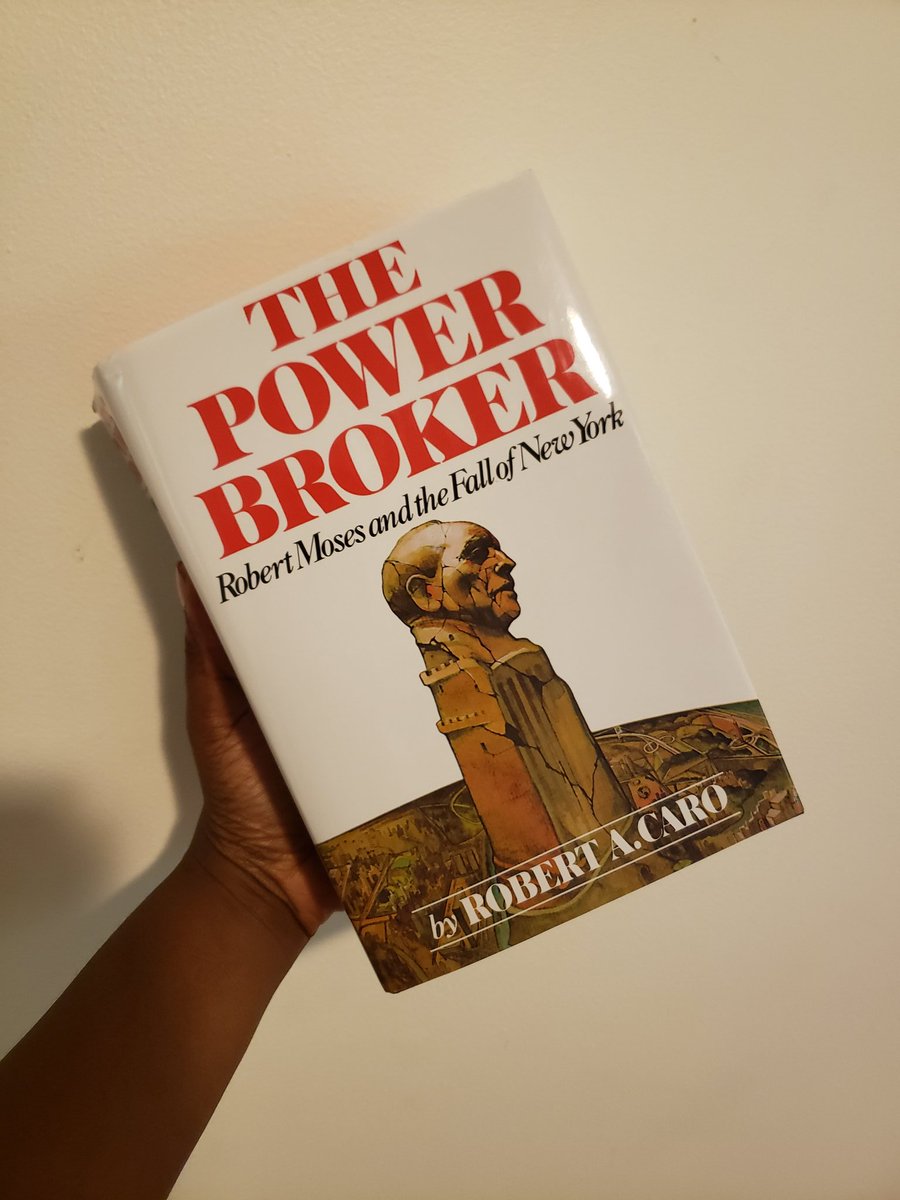 IT& #39;S HEREhttps://abs.twimg.com/emoji/v2/... draggable="false" alt="🎶" title="Mehrere Musiknoten" aria-label="Emoji: Mehrere Musiknoten">" title="https://abs.twimg.com/emoji/v2/... draggable="false" alt="🎶" title="Mehrere Musiknoten" aria-label="Emoji: Mehrere Musiknoten">IT& #39;S HEREhttps://abs.twimg.com/emoji/v2/... draggable="false" alt="🎶" title="Mehrere Musiknoten" aria-label="Emoji: Mehrere Musiknoten">" class="img-responsive" style="max-width:100%;"/>
IT& #39;S HEREhttps://abs.twimg.com/emoji/v2/... draggable="false" alt="🎶" title="Mehrere Musiknoten" aria-label="Emoji: Mehrere Musiknoten">" title="https://abs.twimg.com/emoji/v2/... draggable="false" alt="🎶" title="Mehrere Musiknoten" aria-label="Emoji: Mehrere Musiknoten">IT& #39;S HEREhttps://abs.twimg.com/emoji/v2/... draggable="false" alt="🎶" title="Mehrere Musiknoten" aria-label="Emoji: Mehrere Musiknoten">" class="img-responsive" style="max-width:100%;"/>
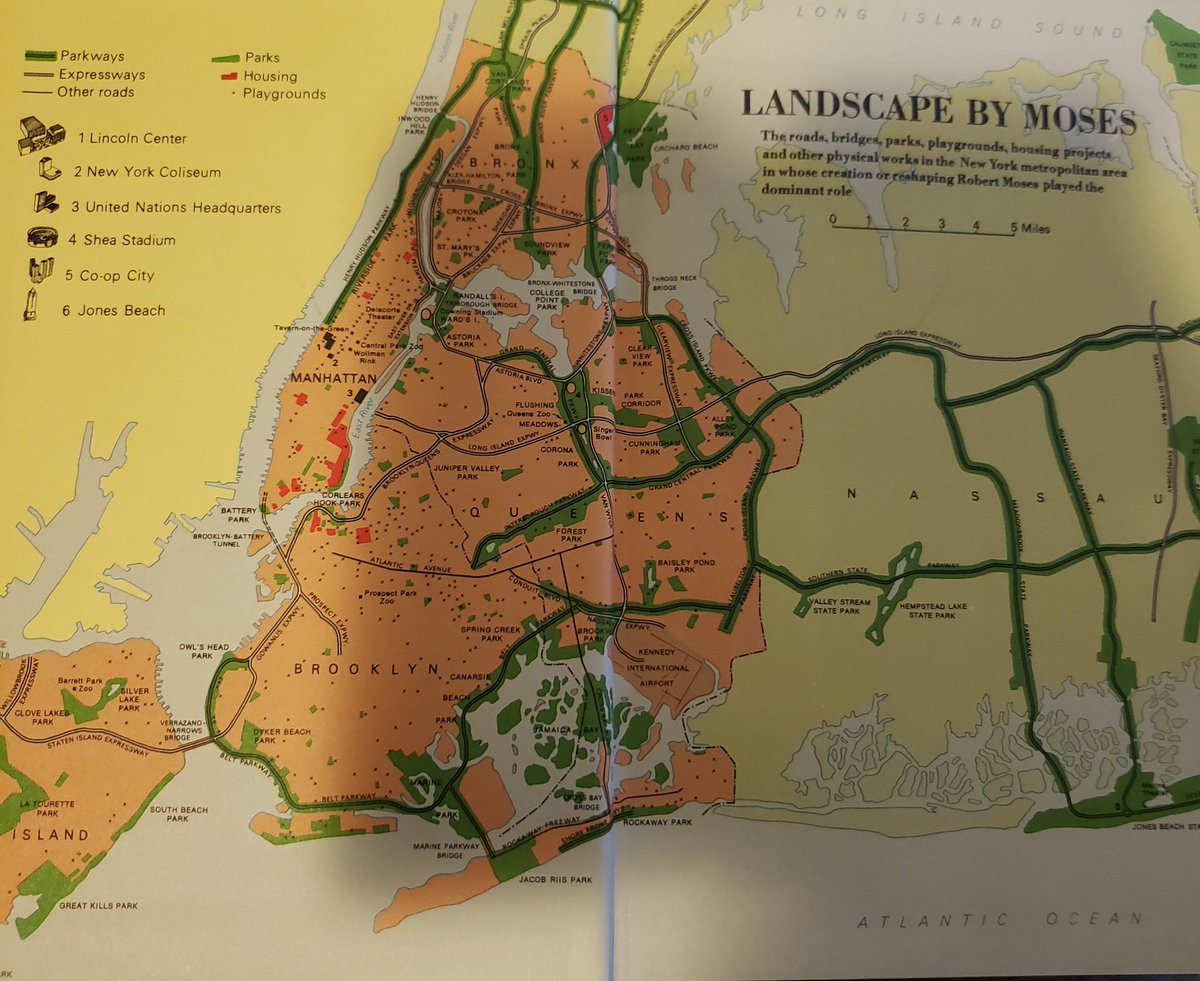



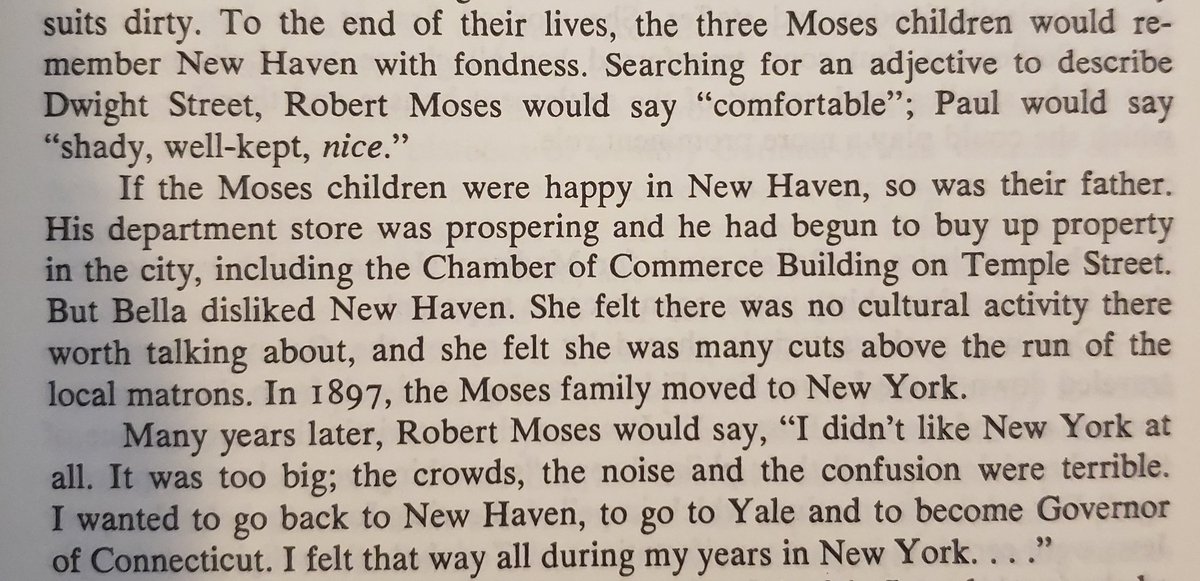
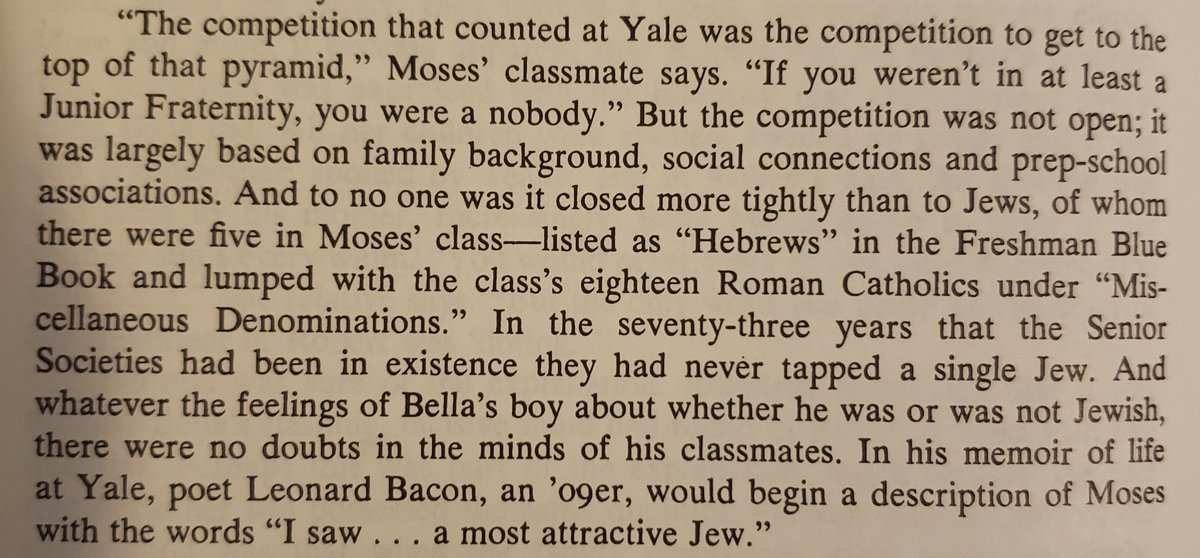
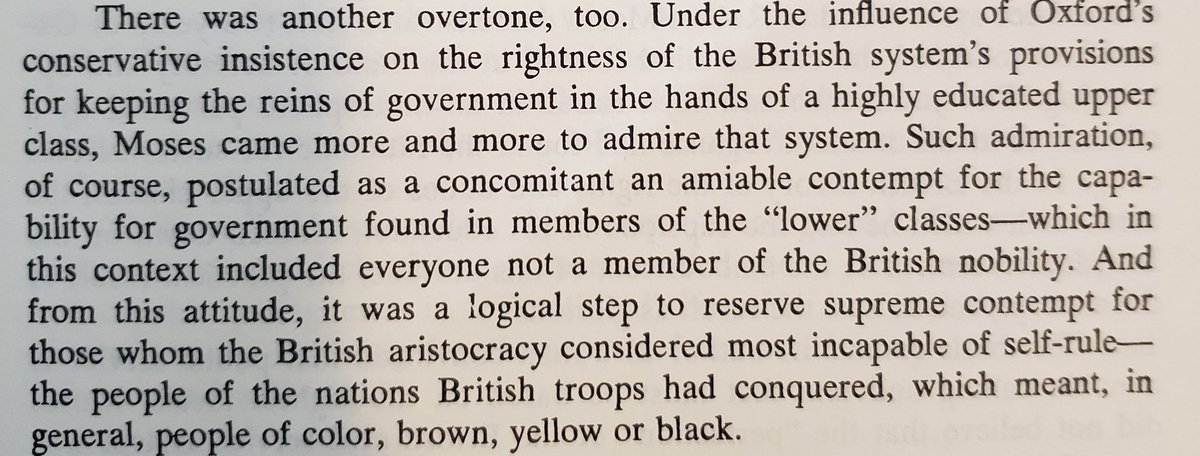
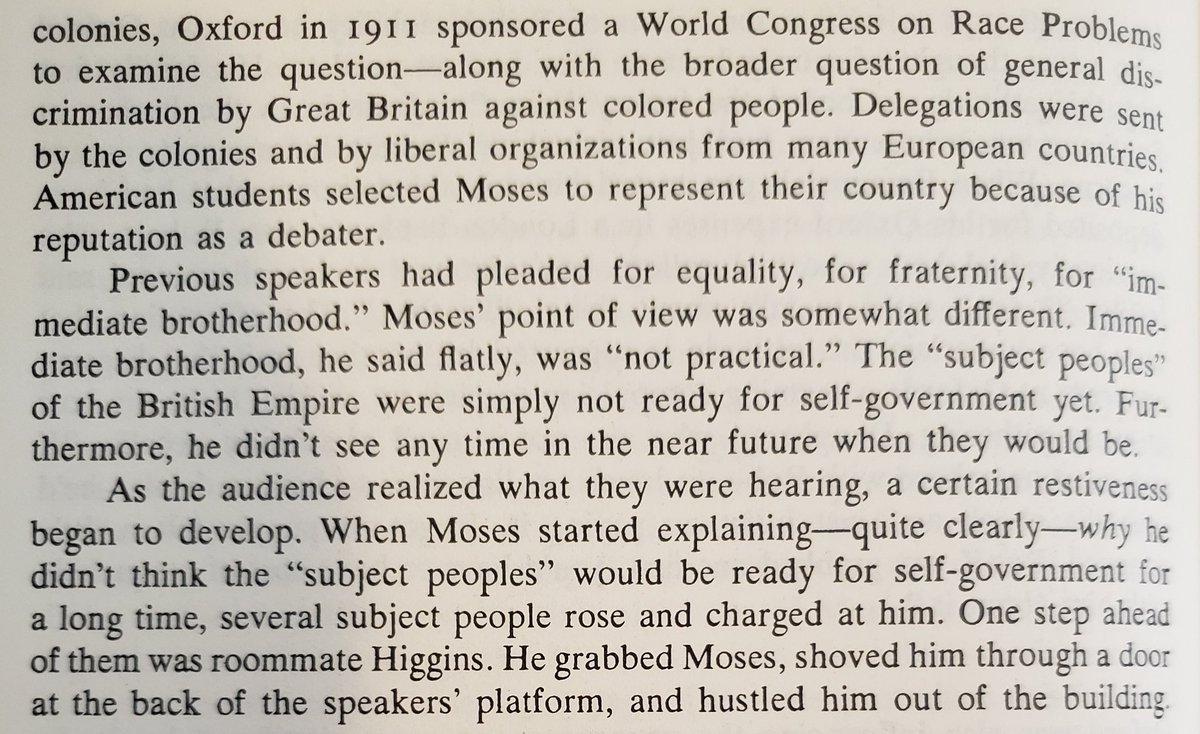
!["[T]o force a return to the political democracy and economic individualism that Americans were fond of believing had once existed in their country" "[T]o force a return to the political democracy and economic individualism that Americans were fond of believing had once existed in their country"](https://pbs.twimg.com/media/EYf4LTRUYAAI77_.jpg)


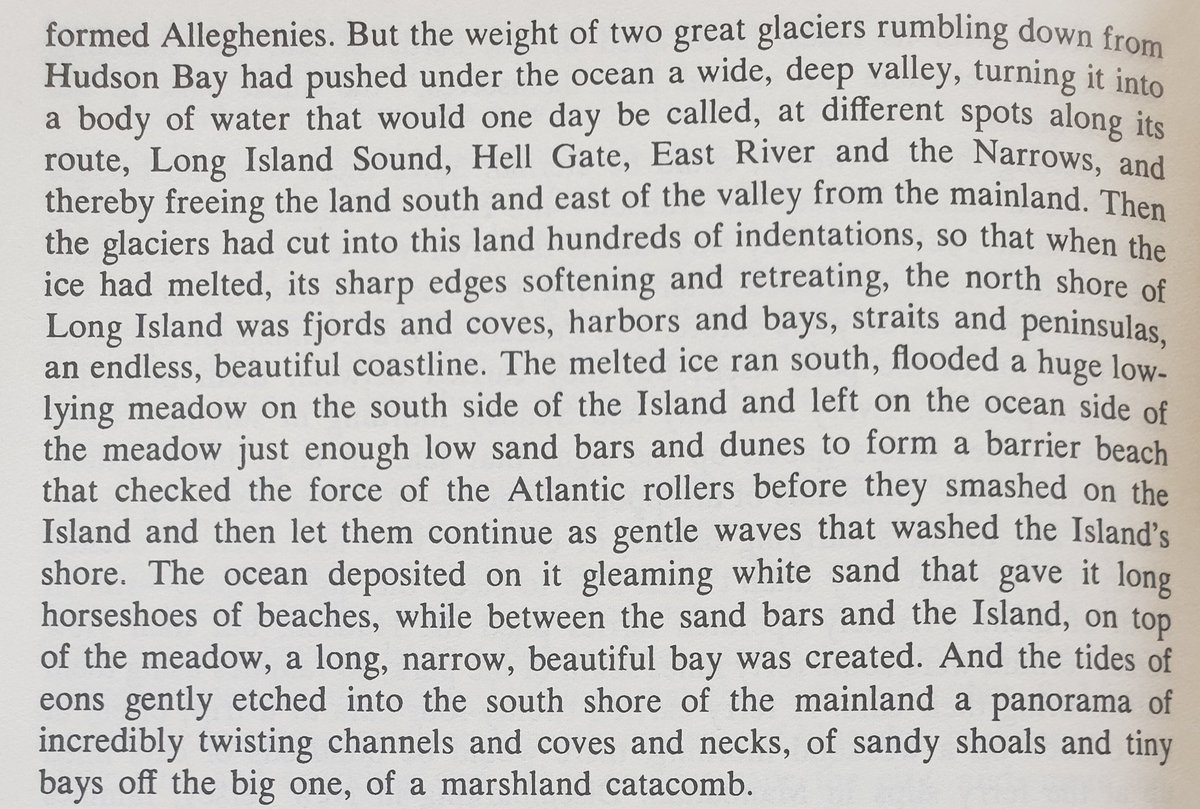
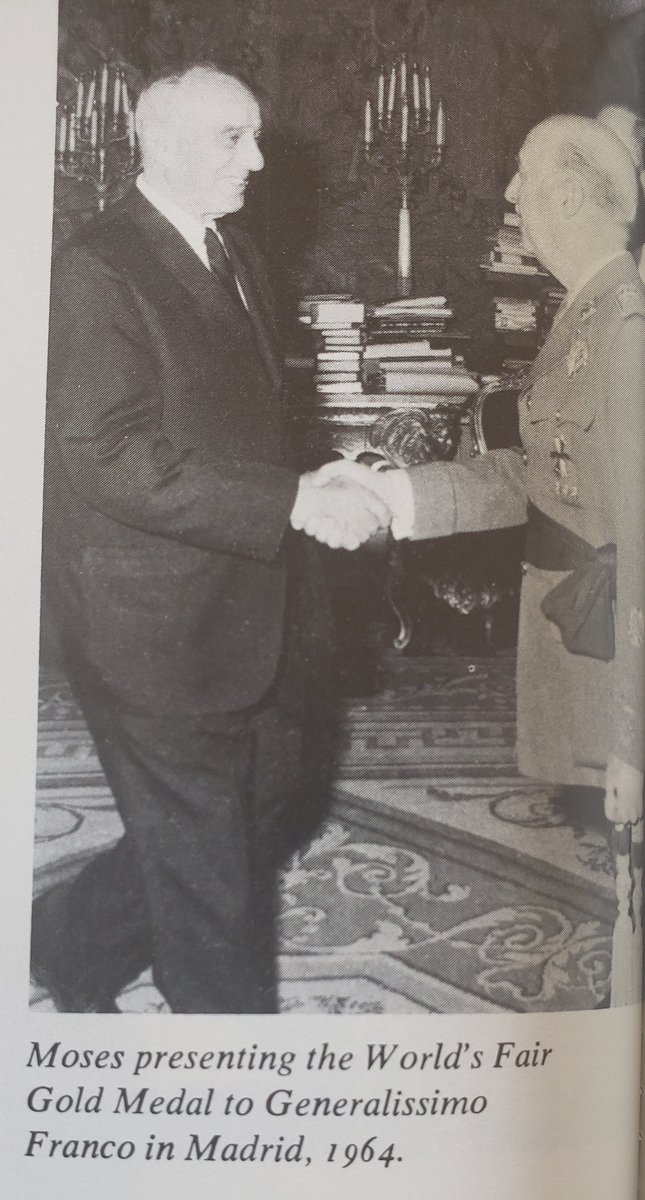 https://abs.twimg.com/emoji/v2/... draggable="false" alt="🙃" title="Auf den Kopf gestelltes Gesicht" aria-label="Emoji: Auf den Kopf gestelltes Gesicht">https://abs.twimg.com/emoji/v2/... draggable="false" alt="🙃" title="Auf den Kopf gestelltes Gesicht" aria-label="Emoji: Auf den Kopf gestelltes Gesicht">https://abs.twimg.com/emoji/v2/... draggable="false" alt="🙃" title="Auf den Kopf gestelltes Gesicht" aria-label="Emoji: Auf den Kopf gestelltes Gesicht">" title="https://abs.twimg.com/emoji/v2/... draggable="false" alt="🙃" title="Auf den Kopf gestelltes Gesicht" aria-label="Emoji: Auf den Kopf gestelltes Gesicht">https://abs.twimg.com/emoji/v2/... draggable="false" alt="🙃" title="Auf den Kopf gestelltes Gesicht" aria-label="Emoji: Auf den Kopf gestelltes Gesicht">https://abs.twimg.com/emoji/v2/... draggable="false" alt="🙃" title="Auf den Kopf gestelltes Gesicht" aria-label="Emoji: Auf den Kopf gestelltes Gesicht">https://abs.twimg.com/emoji/v2/... draggable="false" alt="🙃" title="Auf den Kopf gestelltes Gesicht" aria-label="Emoji: Auf den Kopf gestelltes Gesicht">" class="img-responsive" style="max-width:100%;"/>
https://abs.twimg.com/emoji/v2/... draggable="false" alt="🙃" title="Auf den Kopf gestelltes Gesicht" aria-label="Emoji: Auf den Kopf gestelltes Gesicht">https://abs.twimg.com/emoji/v2/... draggable="false" alt="🙃" title="Auf den Kopf gestelltes Gesicht" aria-label="Emoji: Auf den Kopf gestelltes Gesicht">https://abs.twimg.com/emoji/v2/... draggable="false" alt="🙃" title="Auf den Kopf gestelltes Gesicht" aria-label="Emoji: Auf den Kopf gestelltes Gesicht">" title="https://abs.twimg.com/emoji/v2/... draggable="false" alt="🙃" title="Auf den Kopf gestelltes Gesicht" aria-label="Emoji: Auf den Kopf gestelltes Gesicht">https://abs.twimg.com/emoji/v2/... draggable="false" alt="🙃" title="Auf den Kopf gestelltes Gesicht" aria-label="Emoji: Auf den Kopf gestelltes Gesicht">https://abs.twimg.com/emoji/v2/... draggable="false" alt="🙃" title="Auf den Kopf gestelltes Gesicht" aria-label="Emoji: Auf den Kopf gestelltes Gesicht">https://abs.twimg.com/emoji/v2/... draggable="false" alt="🙃" title="Auf den Kopf gestelltes Gesicht" aria-label="Emoji: Auf den Kopf gestelltes Gesicht">" class="img-responsive" style="max-width:100%;"/>
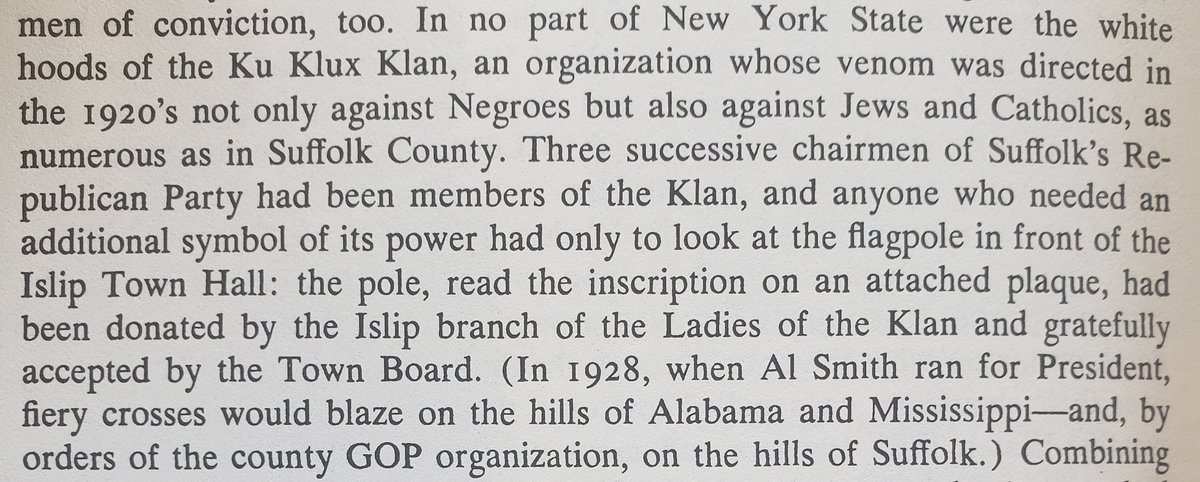
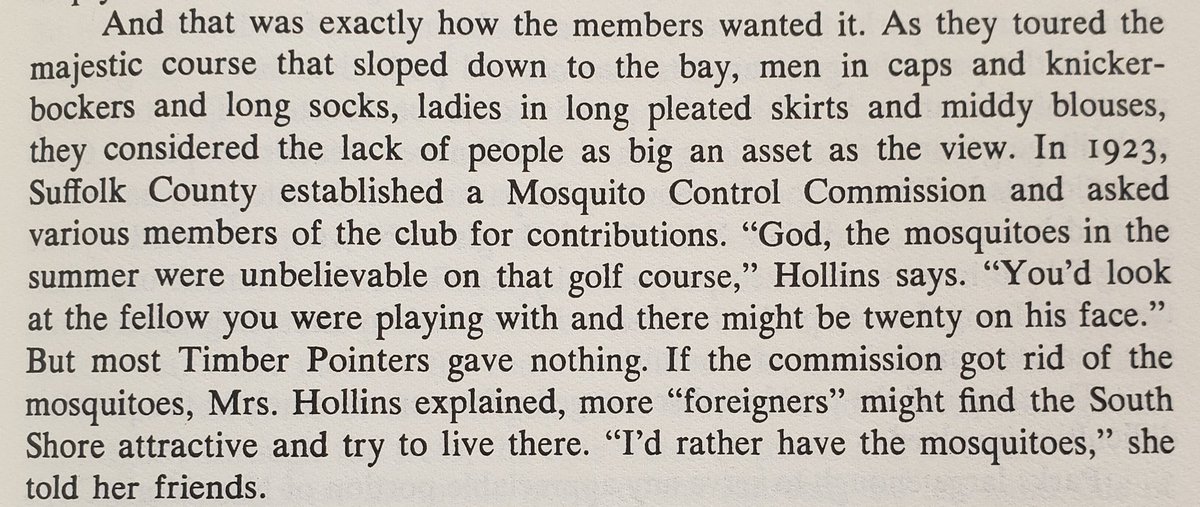

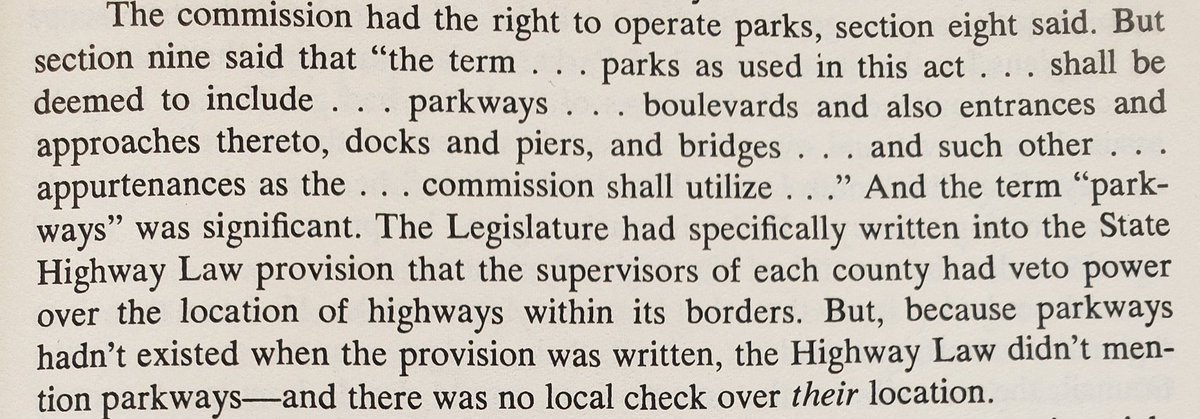
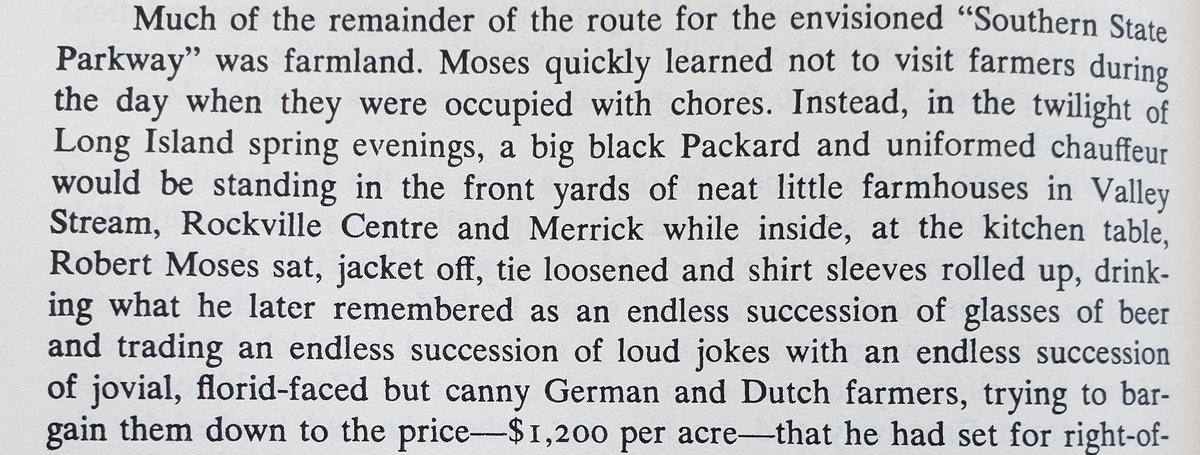

 https://abs.twimg.com/emoji/v2/... draggable="false" alt="👀" title="Augen" aria-label="Emoji: Augen">https://abs.twimg.com/emoji/v2/... draggable="false" alt="👀" title="Augen" aria-label="Emoji: Augen">https://abs.twimg.com/emoji/v2/... draggable="false" alt="👀" title="Augen" aria-label="Emoji: Augen">" title="https://abs.twimg.com/emoji/v2/... draggable="false" alt="👀" title="Augen" aria-label="Emoji: Augen">https://abs.twimg.com/emoji/v2/... draggable="false" alt="👀" title="Augen" aria-label="Emoji: Augen">https://abs.twimg.com/emoji/v2/... draggable="false" alt="👀" title="Augen" aria-label="Emoji: Augen">https://abs.twimg.com/emoji/v2/... draggable="false" alt="👀" title="Augen" aria-label="Emoji: Augen">" class="img-responsive" style="max-width:100%;"/>
https://abs.twimg.com/emoji/v2/... draggable="false" alt="👀" title="Augen" aria-label="Emoji: Augen">https://abs.twimg.com/emoji/v2/... draggable="false" alt="👀" title="Augen" aria-label="Emoji: Augen">https://abs.twimg.com/emoji/v2/... draggable="false" alt="👀" title="Augen" aria-label="Emoji: Augen">" title="https://abs.twimg.com/emoji/v2/... draggable="false" alt="👀" title="Augen" aria-label="Emoji: Augen">https://abs.twimg.com/emoji/v2/... draggable="false" alt="👀" title="Augen" aria-label="Emoji: Augen">https://abs.twimg.com/emoji/v2/... draggable="false" alt="👀" title="Augen" aria-label="Emoji: Augen">https://abs.twimg.com/emoji/v2/... draggable="false" alt="👀" title="Augen" aria-label="Emoji: Augen">" class="img-responsive" style="max-width:100%;"/>

 https://abs.twimg.com/emoji/v2/... draggable="false" alt="😡" title="Schmollendes Gesicht" aria-label="Emoji: Schmollendes Gesicht">https://abs.twimg.com/emoji/v2/... draggable="false" alt="😡" title="Schmollendes Gesicht" aria-label="Emoji: Schmollendes Gesicht">https://abs.twimg.com/emoji/v2/... draggable="false" alt="😡" title="Schmollendes Gesicht" aria-label="Emoji: Schmollendes Gesicht">" title=""Nothing I have ever done has been tinged with legality."https://abs.twimg.com/emoji/v2/... draggable="false" alt="😡" title="Schmollendes Gesicht" aria-label="Emoji: Schmollendes Gesicht">https://abs.twimg.com/emoji/v2/... draggable="false" alt="😡" title="Schmollendes Gesicht" aria-label="Emoji: Schmollendes Gesicht">https://abs.twimg.com/emoji/v2/... draggable="false" alt="😡" title="Schmollendes Gesicht" aria-label="Emoji: Schmollendes Gesicht">https://abs.twimg.com/emoji/v2/... draggable="false" alt="😡" title="Schmollendes Gesicht" aria-label="Emoji: Schmollendes Gesicht">" class="img-responsive" style="max-width:100%;"/>
https://abs.twimg.com/emoji/v2/... draggable="false" alt="😡" title="Schmollendes Gesicht" aria-label="Emoji: Schmollendes Gesicht">https://abs.twimg.com/emoji/v2/... draggable="false" alt="😡" title="Schmollendes Gesicht" aria-label="Emoji: Schmollendes Gesicht">https://abs.twimg.com/emoji/v2/... draggable="false" alt="😡" title="Schmollendes Gesicht" aria-label="Emoji: Schmollendes Gesicht">" title=""Nothing I have ever done has been tinged with legality."https://abs.twimg.com/emoji/v2/... draggable="false" alt="😡" title="Schmollendes Gesicht" aria-label="Emoji: Schmollendes Gesicht">https://abs.twimg.com/emoji/v2/... draggable="false" alt="😡" title="Schmollendes Gesicht" aria-label="Emoji: Schmollendes Gesicht">https://abs.twimg.com/emoji/v2/... draggable="false" alt="😡" title="Schmollendes Gesicht" aria-label="Emoji: Schmollendes Gesicht">https://abs.twimg.com/emoji/v2/... draggable="false" alt="😡" title="Schmollendes Gesicht" aria-label="Emoji: Schmollendes Gesicht">" class="img-responsive" style="max-width:100%;"/>







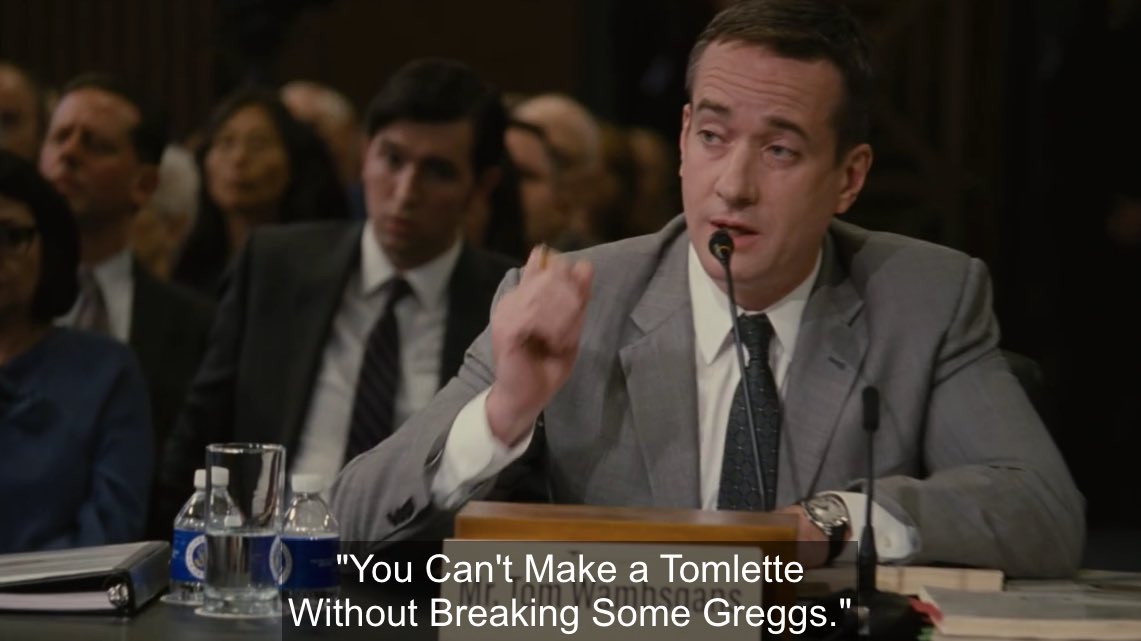
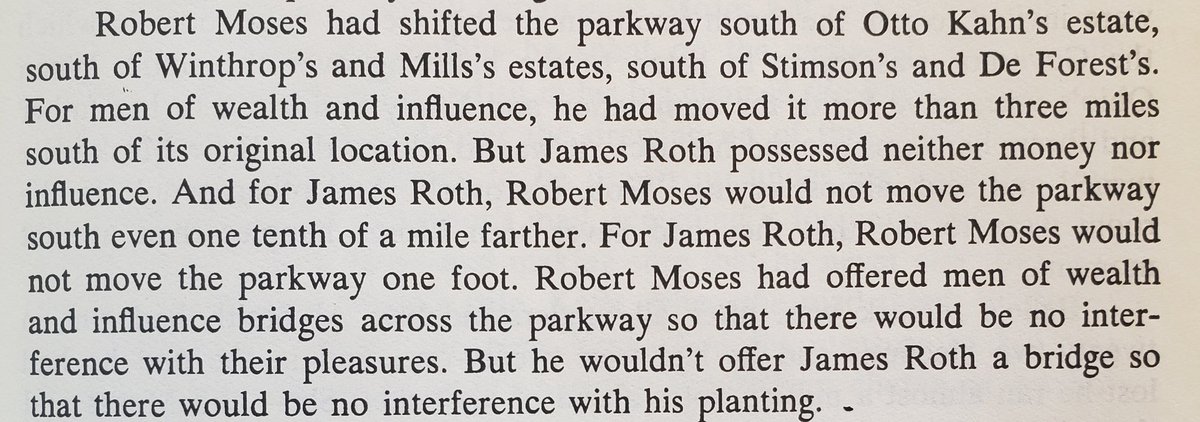
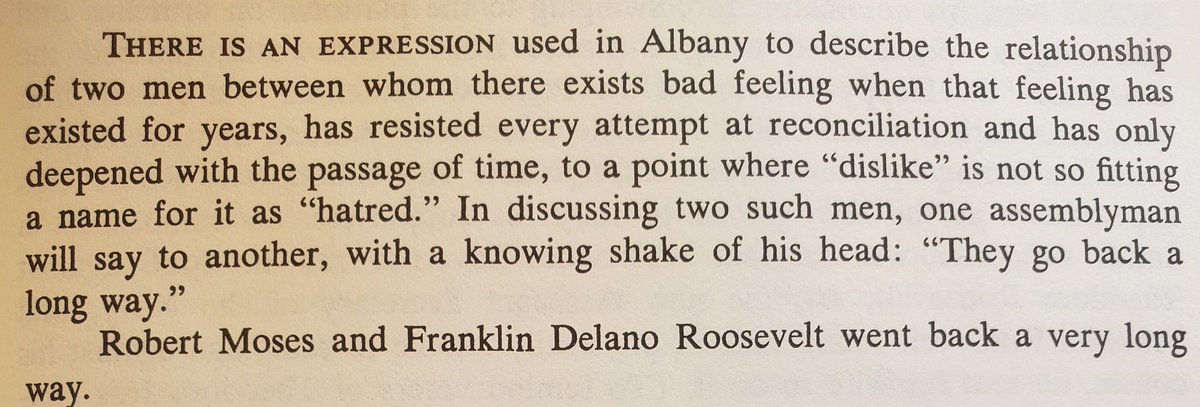


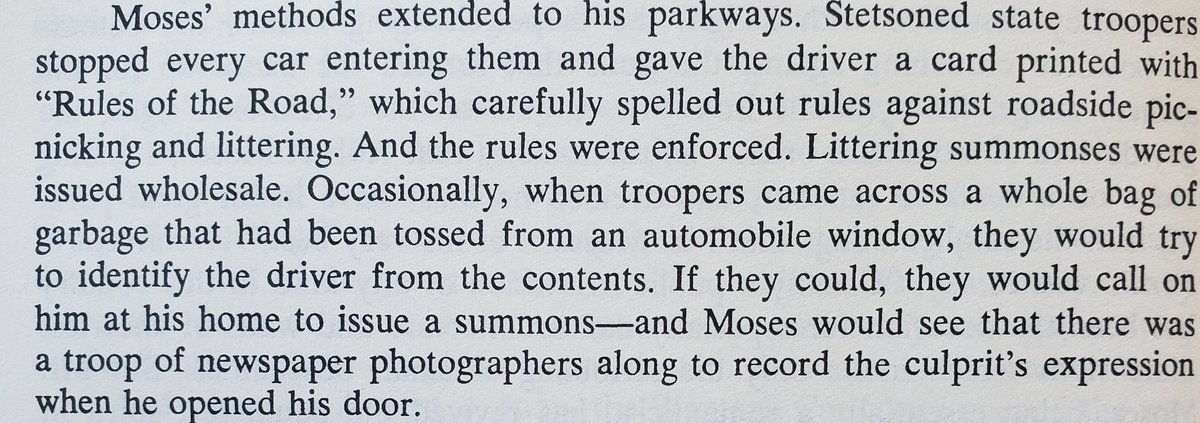

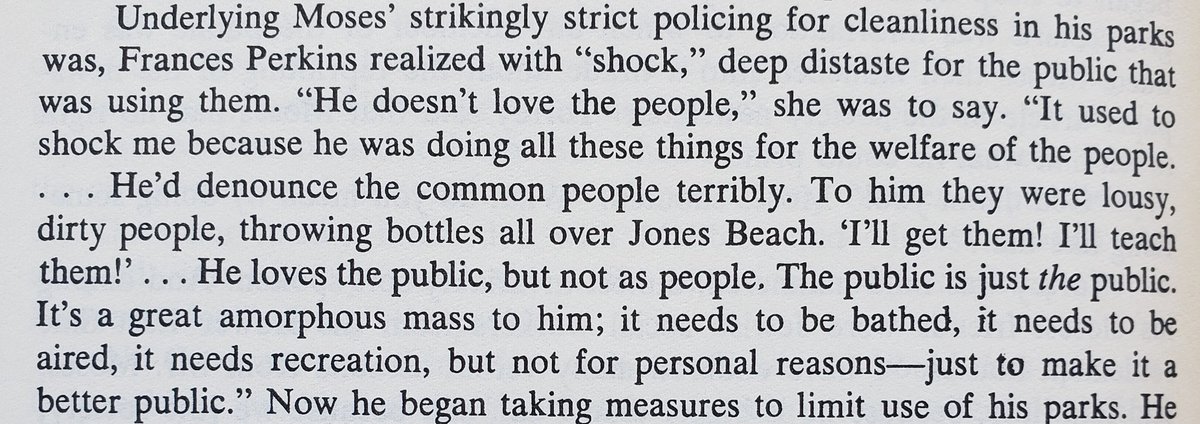
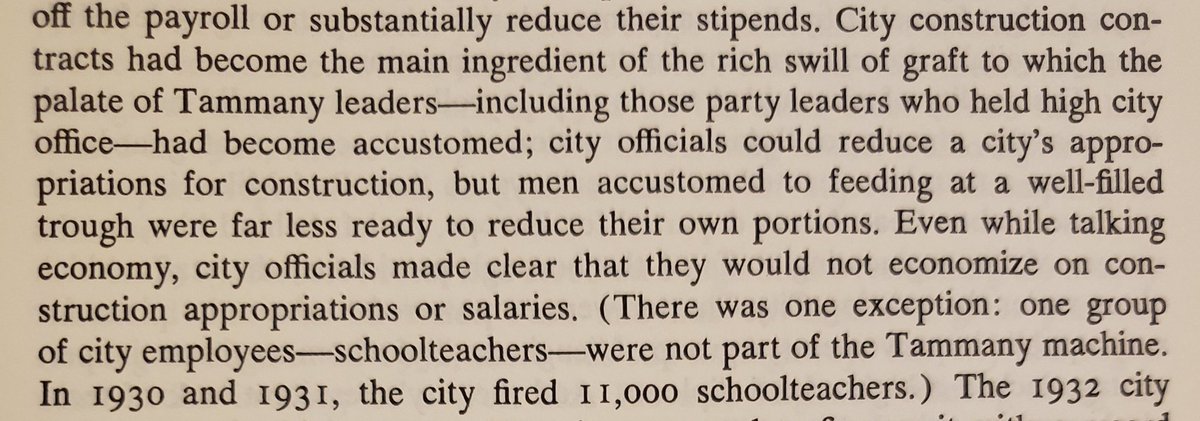
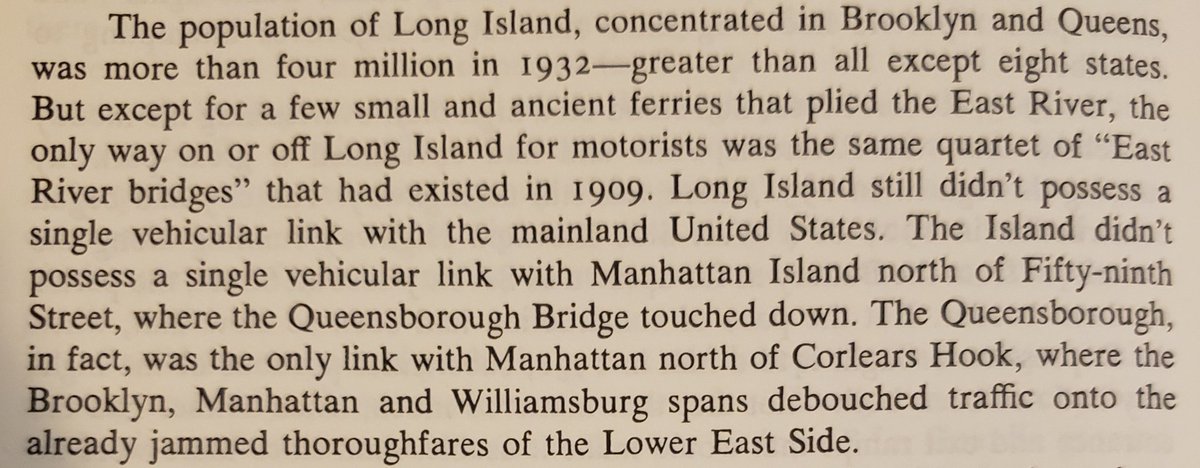



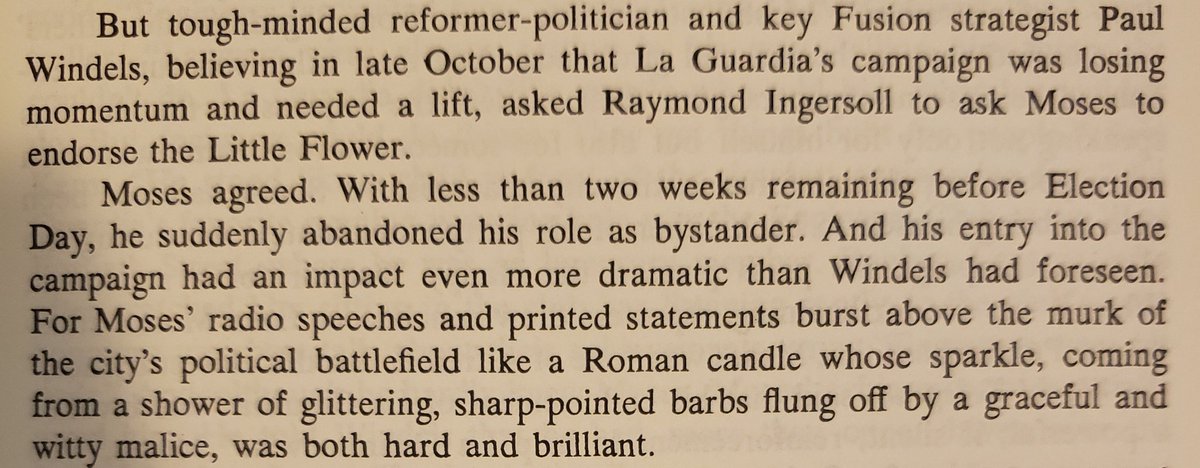

 https://abs.twimg.com/emoji/v2/... draggable="false" alt="🙃" title="Auf den Kopf gestelltes Gesicht" aria-label="Emoji: Auf den Kopf gestelltes Gesicht">https://abs.twimg.com/emoji/v2/... draggable="false" alt="🙃" title="Auf den Kopf gestelltes Gesicht" aria-label="Emoji: Auf den Kopf gestelltes Gesicht">https://abs.twimg.com/emoji/v2/... draggable="false" alt="🙃" title="Auf den Kopf gestelltes Gesicht" aria-label="Emoji: Auf den Kopf gestelltes Gesicht">" title="https://abs.twimg.com/emoji/v2/... draggable="false" alt="🙃" title="Auf den Kopf gestelltes Gesicht" aria-label="Emoji: Auf den Kopf gestelltes Gesicht">https://abs.twimg.com/emoji/v2/... draggable="false" alt="🙃" title="Auf den Kopf gestelltes Gesicht" aria-label="Emoji: Auf den Kopf gestelltes Gesicht">https://abs.twimg.com/emoji/v2/... draggable="false" alt="🙃" title="Auf den Kopf gestelltes Gesicht" aria-label="Emoji: Auf den Kopf gestelltes Gesicht">https://abs.twimg.com/emoji/v2/... draggable="false" alt="🙃" title="Auf den Kopf gestelltes Gesicht" aria-label="Emoji: Auf den Kopf gestelltes Gesicht">" class="img-responsive" style="max-width:100%;"/>
https://abs.twimg.com/emoji/v2/... draggable="false" alt="🙃" title="Auf den Kopf gestelltes Gesicht" aria-label="Emoji: Auf den Kopf gestelltes Gesicht">https://abs.twimg.com/emoji/v2/... draggable="false" alt="🙃" title="Auf den Kopf gestelltes Gesicht" aria-label="Emoji: Auf den Kopf gestelltes Gesicht">https://abs.twimg.com/emoji/v2/... draggable="false" alt="🙃" title="Auf den Kopf gestelltes Gesicht" aria-label="Emoji: Auf den Kopf gestelltes Gesicht">" title="https://abs.twimg.com/emoji/v2/... draggable="false" alt="🙃" title="Auf den Kopf gestelltes Gesicht" aria-label="Emoji: Auf den Kopf gestelltes Gesicht">https://abs.twimg.com/emoji/v2/... draggable="false" alt="🙃" title="Auf den Kopf gestelltes Gesicht" aria-label="Emoji: Auf den Kopf gestelltes Gesicht">https://abs.twimg.com/emoji/v2/... draggable="false" alt="🙃" title="Auf den Kopf gestelltes Gesicht" aria-label="Emoji: Auf den Kopf gestelltes Gesicht">https://abs.twimg.com/emoji/v2/... draggable="false" alt="🙃" title="Auf den Kopf gestelltes Gesicht" aria-label="Emoji: Auf den Kopf gestelltes Gesicht">" class="img-responsive" style="max-width:100%;"/>
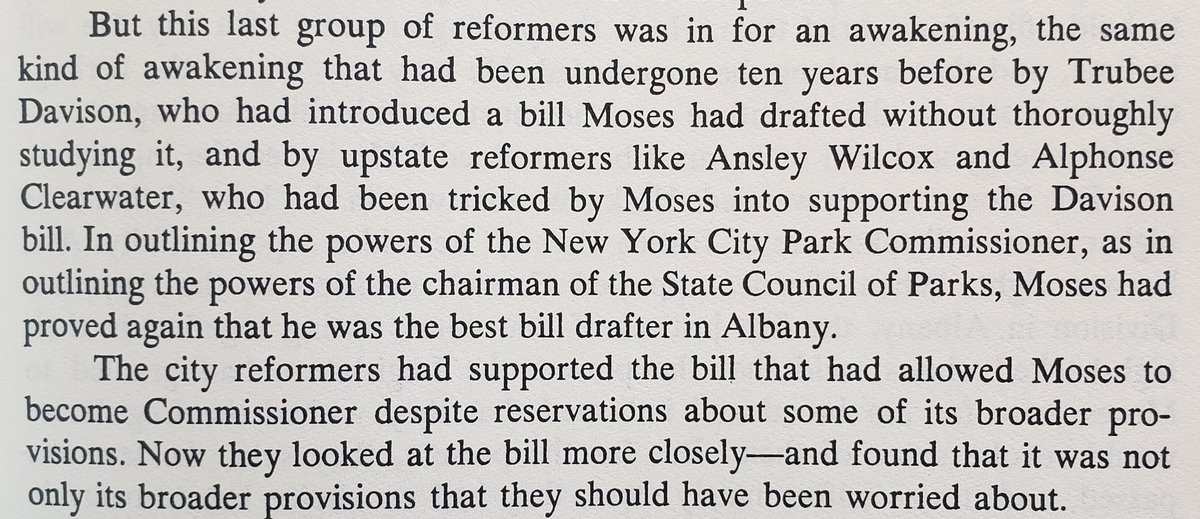
!["[Moses] is the passing creature of a day. He will in time, and that not long, be superseded."If only Judge Carew knew. "[Moses] is the passing creature of a day. He will in time, and that not long, be superseded."If only Judge Carew knew.](https://pbs.twimg.com/media/EaqpQhYVcAE0LSv.jpg)
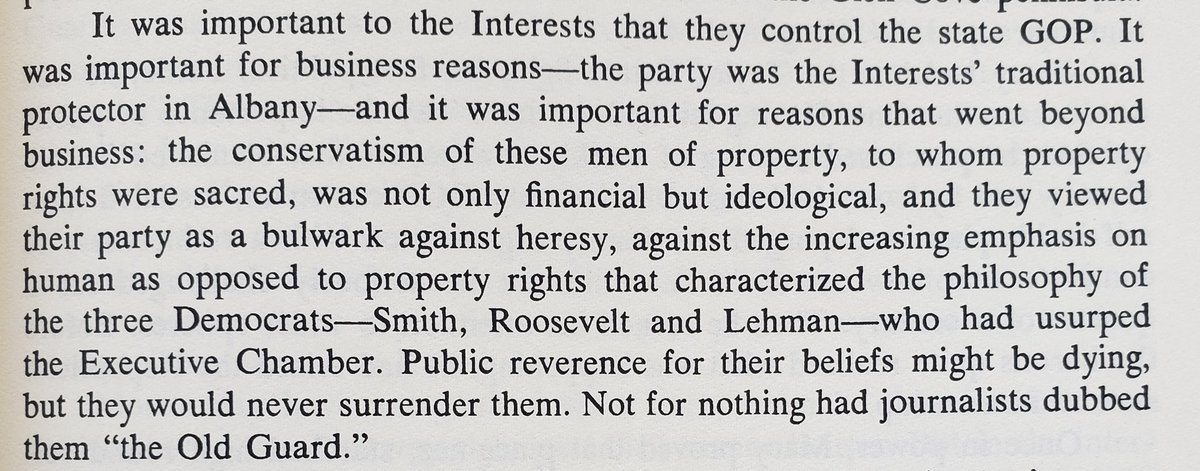


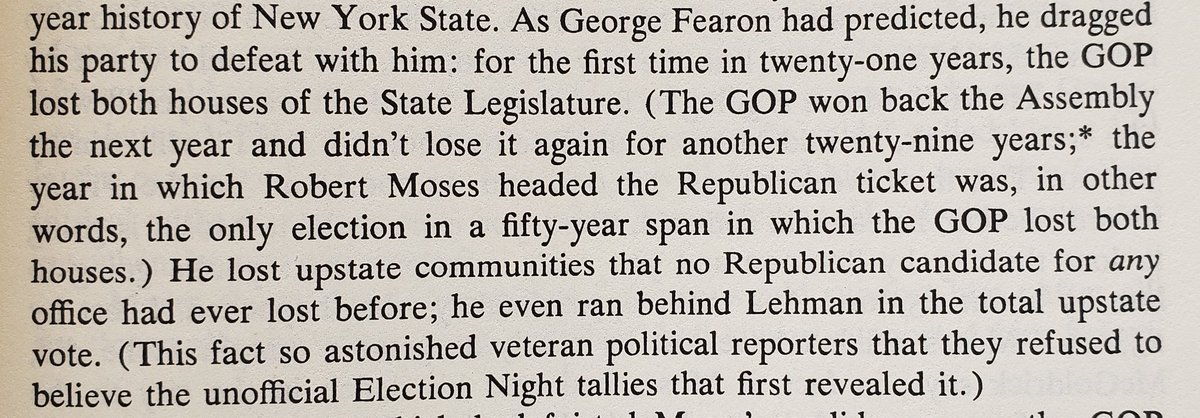 https://abs.twimg.com/emoji/v2/... draggable="false" alt="🙃" title="Auf den Kopf gestelltes Gesicht" aria-label="Emoji: Auf den Kopf gestelltes Gesicht">https://abs.twimg.com/emoji/v2/... draggable="false" alt="🙃" title="Auf den Kopf gestelltes Gesicht" aria-label="Emoji: Auf den Kopf gestelltes Gesicht">https://abs.twimg.com/emoji/v2/... draggable="false" alt="🙃" title="Auf den Kopf gestelltes Gesicht" aria-label="Emoji: Auf den Kopf gestelltes Gesicht">" title="https://abs.twimg.com/emoji/v2/... draggable="false" alt="🙃" title="Auf den Kopf gestelltes Gesicht" aria-label="Emoji: Auf den Kopf gestelltes Gesicht">https://abs.twimg.com/emoji/v2/... draggable="false" alt="🙃" title="Auf den Kopf gestelltes Gesicht" aria-label="Emoji: Auf den Kopf gestelltes Gesicht">https://abs.twimg.com/emoji/v2/... draggable="false" alt="🙃" title="Auf den Kopf gestelltes Gesicht" aria-label="Emoji: Auf den Kopf gestelltes Gesicht">https://abs.twimg.com/emoji/v2/... draggable="false" alt="🙃" title="Auf den Kopf gestelltes Gesicht" aria-label="Emoji: Auf den Kopf gestelltes Gesicht">" class="img-responsive" style="max-width:100%;"/>
https://abs.twimg.com/emoji/v2/... draggable="false" alt="🙃" title="Auf den Kopf gestelltes Gesicht" aria-label="Emoji: Auf den Kopf gestelltes Gesicht">https://abs.twimg.com/emoji/v2/... draggable="false" alt="🙃" title="Auf den Kopf gestelltes Gesicht" aria-label="Emoji: Auf den Kopf gestelltes Gesicht">https://abs.twimg.com/emoji/v2/... draggable="false" alt="🙃" title="Auf den Kopf gestelltes Gesicht" aria-label="Emoji: Auf den Kopf gestelltes Gesicht">" title="https://abs.twimg.com/emoji/v2/... draggable="false" alt="🙃" title="Auf den Kopf gestelltes Gesicht" aria-label="Emoji: Auf den Kopf gestelltes Gesicht">https://abs.twimg.com/emoji/v2/... draggable="false" alt="🙃" title="Auf den Kopf gestelltes Gesicht" aria-label="Emoji: Auf den Kopf gestelltes Gesicht">https://abs.twimg.com/emoji/v2/... draggable="false" alt="🙃" title="Auf den Kopf gestelltes Gesicht" aria-label="Emoji: Auf den Kopf gestelltes Gesicht">https://abs.twimg.com/emoji/v2/... draggable="false" alt="🙃" title="Auf den Kopf gestelltes Gesicht" aria-label="Emoji: Auf den Kopf gestelltes Gesicht">" class="img-responsive" style="max-width:100%;"/>

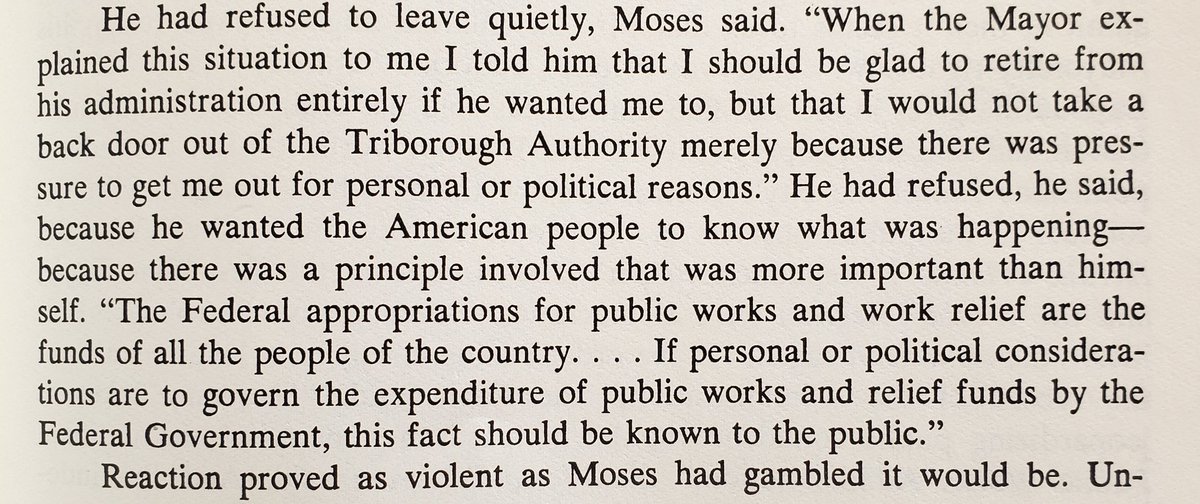




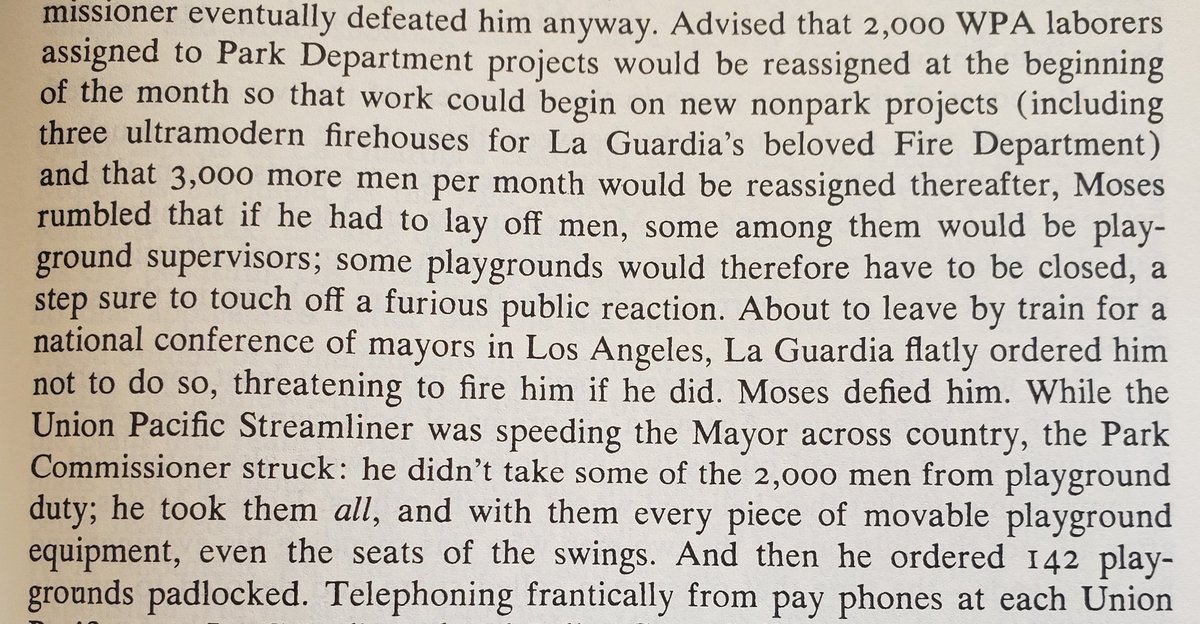
!["They made [Moses] a myth. And a man who had to go to the electorate couldn& #39;t fire a myth." "They made [Moses] a myth. And a man who had to go to the electorate couldn& #39;t fire a myth."](https://pbs.twimg.com/media/Ea_XfdMUcAAi8Ph.jpg)
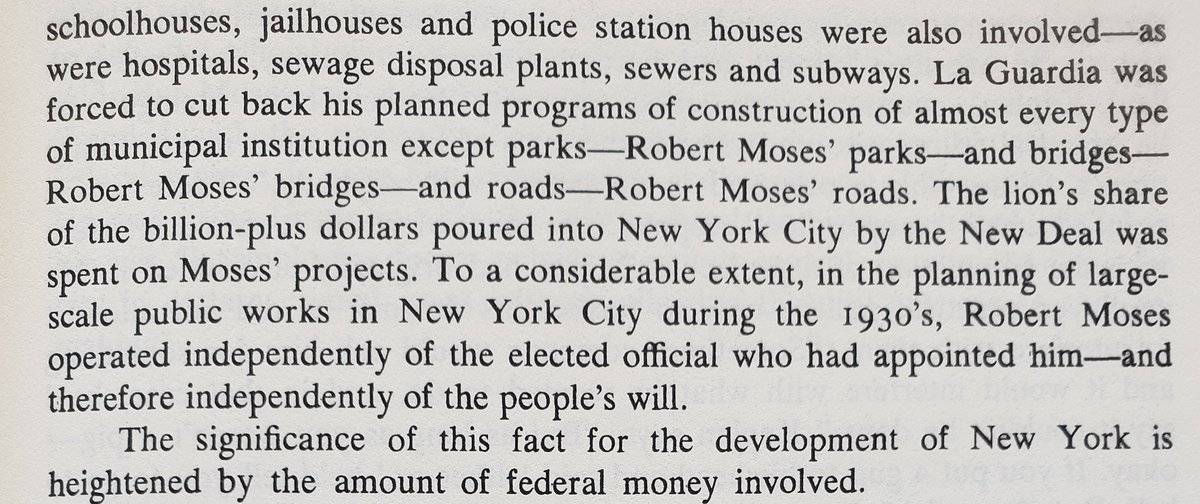
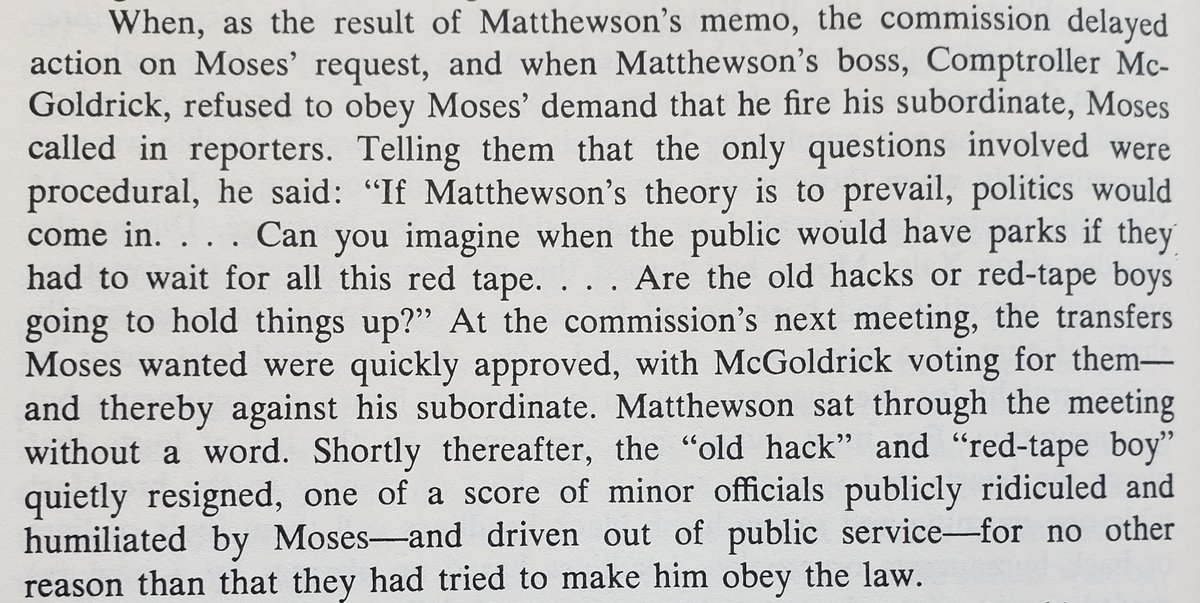



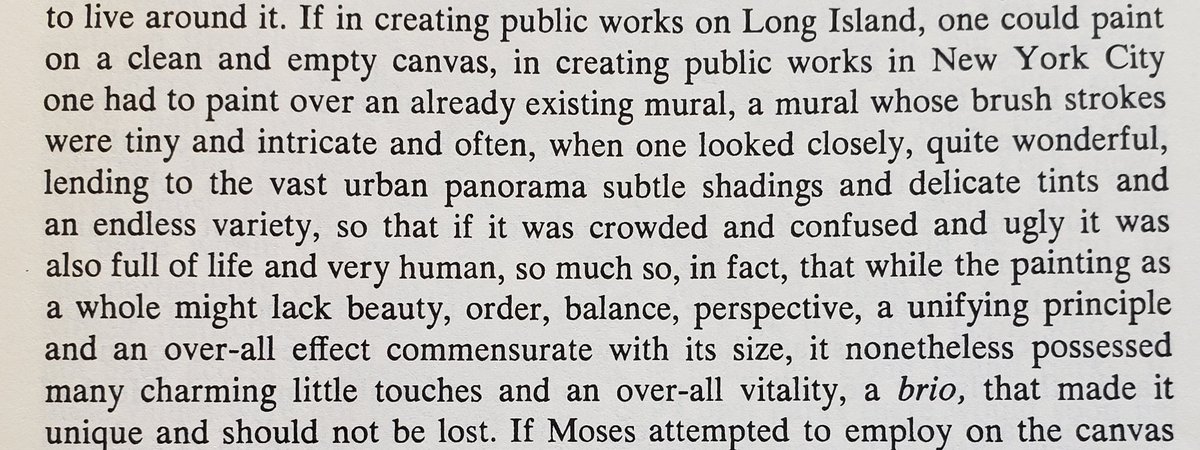






 https://abs.twimg.com/emoji/v2/... draggable="false" alt="🙃" title="Auf den Kopf gestelltes Gesicht" aria-label="Emoji: Auf den Kopf gestelltes Gesicht">https://abs.twimg.com/emoji/v2/... draggable="false" alt="🙃" title="Auf den Kopf gestelltes Gesicht" aria-label="Emoji: Auf den Kopf gestelltes Gesicht">https://abs.twimg.com/emoji/v2/... draggable="false" alt="🙃" title="Auf den Kopf gestelltes Gesicht" aria-label="Emoji: Auf den Kopf gestelltes Gesicht">" title="https://abs.twimg.com/emoji/v2/... draggable="false" alt="🙃" title="Auf den Kopf gestelltes Gesicht" aria-label="Emoji: Auf den Kopf gestelltes Gesicht">https://abs.twimg.com/emoji/v2/... draggable="false" alt="🙃" title="Auf den Kopf gestelltes Gesicht" aria-label="Emoji: Auf den Kopf gestelltes Gesicht">https://abs.twimg.com/emoji/v2/... draggable="false" alt="🙃" title="Auf den Kopf gestelltes Gesicht" aria-label="Emoji: Auf den Kopf gestelltes Gesicht">https://abs.twimg.com/emoji/v2/... draggable="false" alt="🙃" title="Auf den Kopf gestelltes Gesicht" aria-label="Emoji: Auf den Kopf gestelltes Gesicht">" class="img-responsive" style="max-width:100%;"/>
https://abs.twimg.com/emoji/v2/... draggable="false" alt="🙃" title="Auf den Kopf gestelltes Gesicht" aria-label="Emoji: Auf den Kopf gestelltes Gesicht">https://abs.twimg.com/emoji/v2/... draggable="false" alt="🙃" title="Auf den Kopf gestelltes Gesicht" aria-label="Emoji: Auf den Kopf gestelltes Gesicht">https://abs.twimg.com/emoji/v2/... draggable="false" alt="🙃" title="Auf den Kopf gestelltes Gesicht" aria-label="Emoji: Auf den Kopf gestelltes Gesicht">" title="https://abs.twimg.com/emoji/v2/... draggable="false" alt="🙃" title="Auf den Kopf gestelltes Gesicht" aria-label="Emoji: Auf den Kopf gestelltes Gesicht">https://abs.twimg.com/emoji/v2/... draggable="false" alt="🙃" title="Auf den Kopf gestelltes Gesicht" aria-label="Emoji: Auf den Kopf gestelltes Gesicht">https://abs.twimg.com/emoji/v2/... draggable="false" alt="🙃" title="Auf den Kopf gestelltes Gesicht" aria-label="Emoji: Auf den Kopf gestelltes Gesicht">https://abs.twimg.com/emoji/v2/... draggable="false" alt="🙃" title="Auf den Kopf gestelltes Gesicht" aria-label="Emoji: Auf den Kopf gestelltes Gesicht">" class="img-responsive" style="max-width:100%;"/>

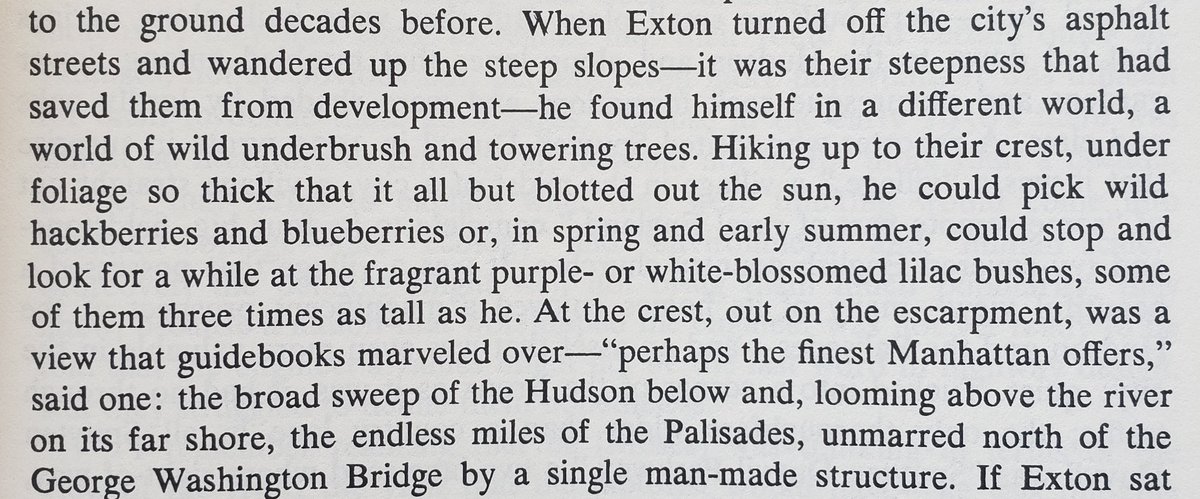

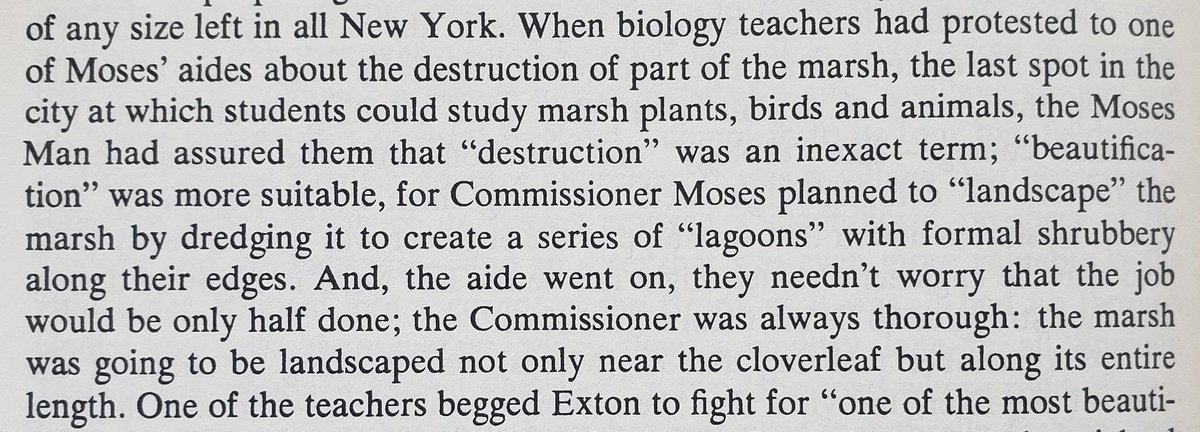
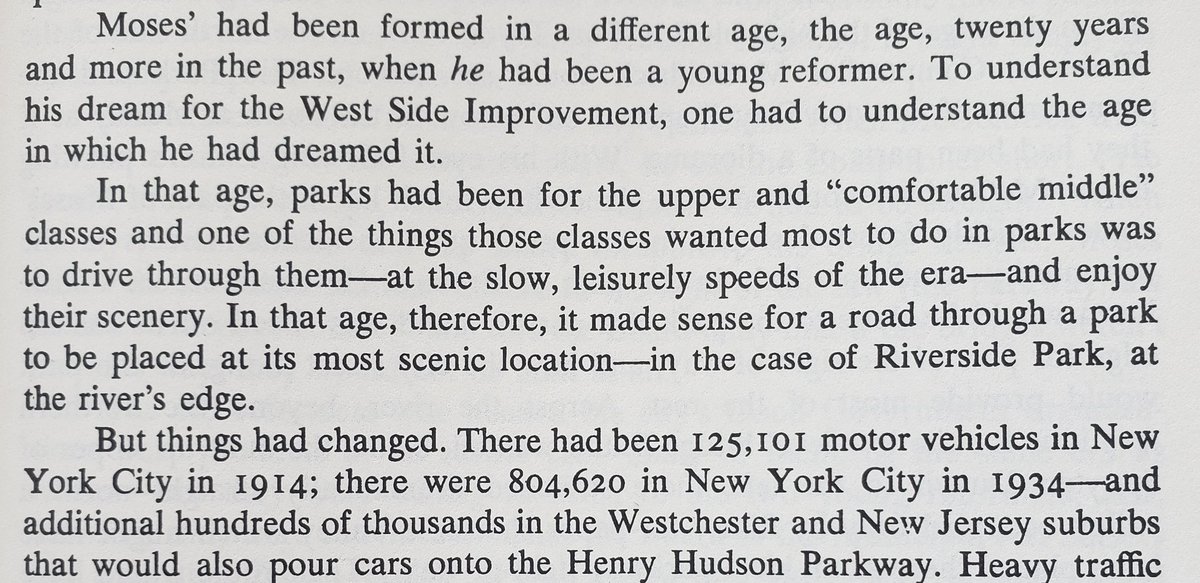
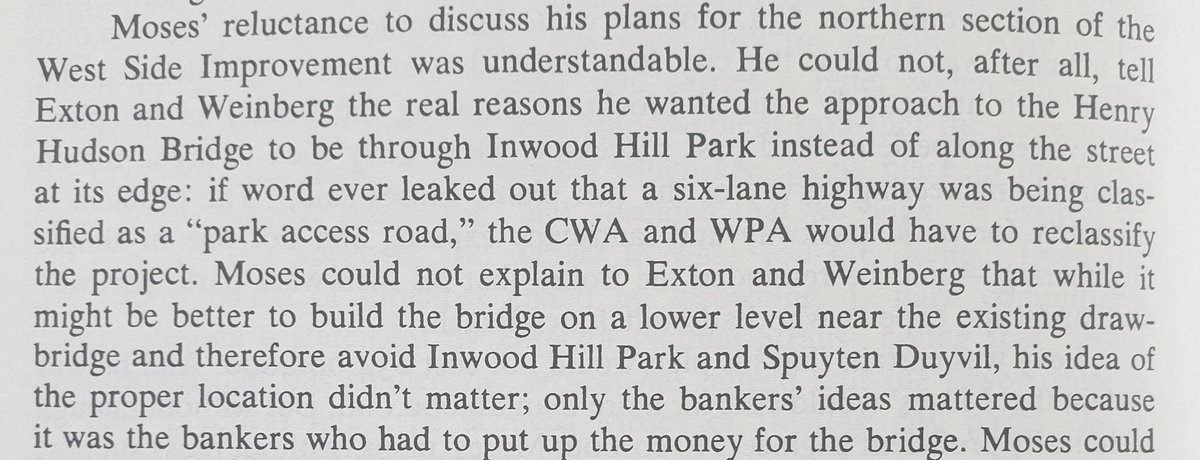
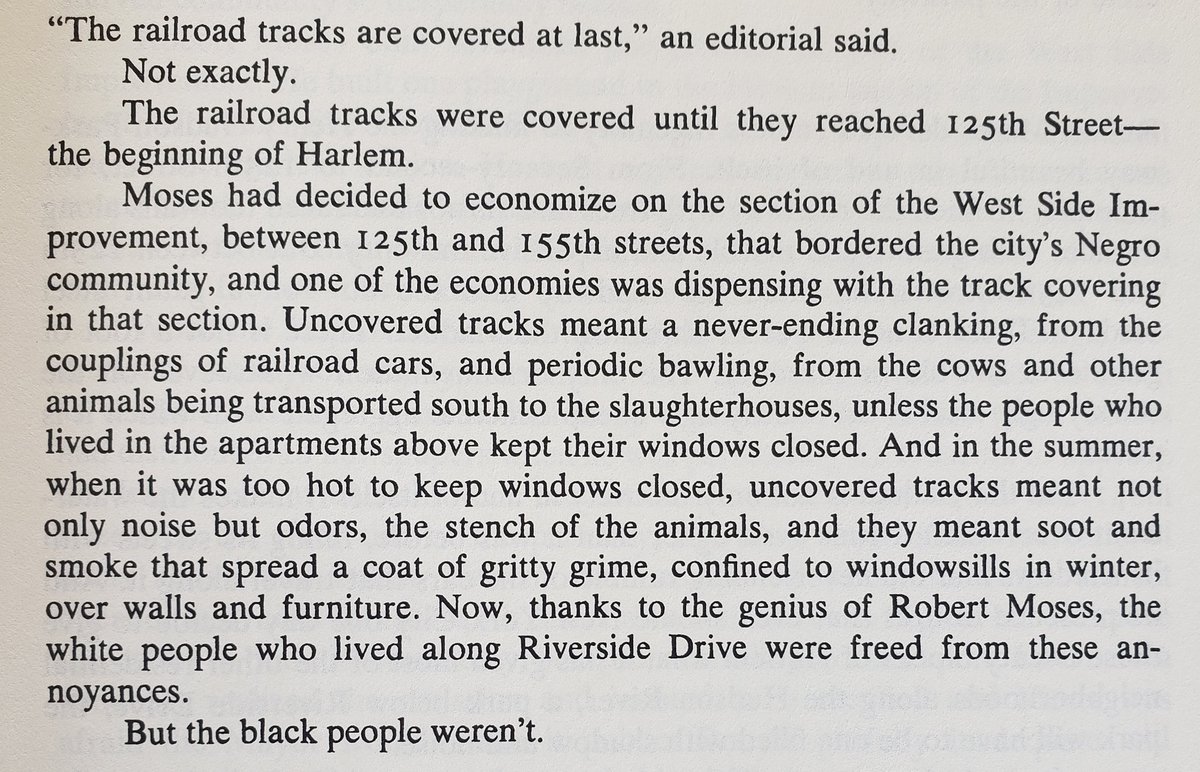
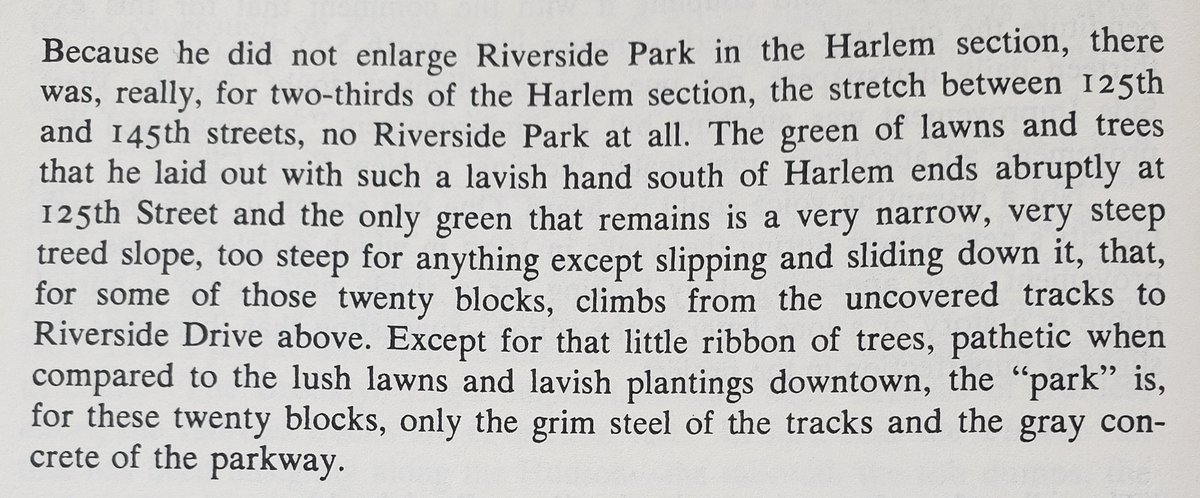 https://abs.twimg.com/emoji/v2/... draggable="false" alt="😑" title="Ausdrucksloses Gesicht" aria-label="Emoji: Ausdrucksloses Gesicht">https://abs.twimg.com/emoji/v2/... draggable="false" alt="😑" title="Ausdrucksloses Gesicht" aria-label="Emoji: Ausdrucksloses Gesicht">https://abs.twimg.com/emoji/v2/... draggable="false" alt="😑" title="Ausdrucksloses Gesicht" aria-label="Emoji: Ausdrucksloses Gesicht">" title="https://abs.twimg.com/emoji/v2/... draggable="false" alt="😑" title="Ausdrucksloses Gesicht" aria-label="Emoji: Ausdrucksloses Gesicht">https://abs.twimg.com/emoji/v2/... draggable="false" alt="😑" title="Ausdrucksloses Gesicht" aria-label="Emoji: Ausdrucksloses Gesicht">https://abs.twimg.com/emoji/v2/... draggable="false" alt="😑" title="Ausdrucksloses Gesicht" aria-label="Emoji: Ausdrucksloses Gesicht">https://abs.twimg.com/emoji/v2/... draggable="false" alt="😑" title="Ausdrucksloses Gesicht" aria-label="Emoji: Ausdrucksloses Gesicht">" class="img-responsive" style="max-width:100%;"/>
https://abs.twimg.com/emoji/v2/... draggable="false" alt="😑" title="Ausdrucksloses Gesicht" aria-label="Emoji: Ausdrucksloses Gesicht">https://abs.twimg.com/emoji/v2/... draggable="false" alt="😑" title="Ausdrucksloses Gesicht" aria-label="Emoji: Ausdrucksloses Gesicht">https://abs.twimg.com/emoji/v2/... draggable="false" alt="😑" title="Ausdrucksloses Gesicht" aria-label="Emoji: Ausdrucksloses Gesicht">" title="https://abs.twimg.com/emoji/v2/... draggable="false" alt="😑" title="Ausdrucksloses Gesicht" aria-label="Emoji: Ausdrucksloses Gesicht">https://abs.twimg.com/emoji/v2/... draggable="false" alt="😑" title="Ausdrucksloses Gesicht" aria-label="Emoji: Ausdrucksloses Gesicht">https://abs.twimg.com/emoji/v2/... draggable="false" alt="😑" title="Ausdrucksloses Gesicht" aria-label="Emoji: Ausdrucksloses Gesicht">https://abs.twimg.com/emoji/v2/... draggable="false" alt="😑" title="Ausdrucksloses Gesicht" aria-label="Emoji: Ausdrucksloses Gesicht">" class="img-responsive" style="max-width:100%;"/>


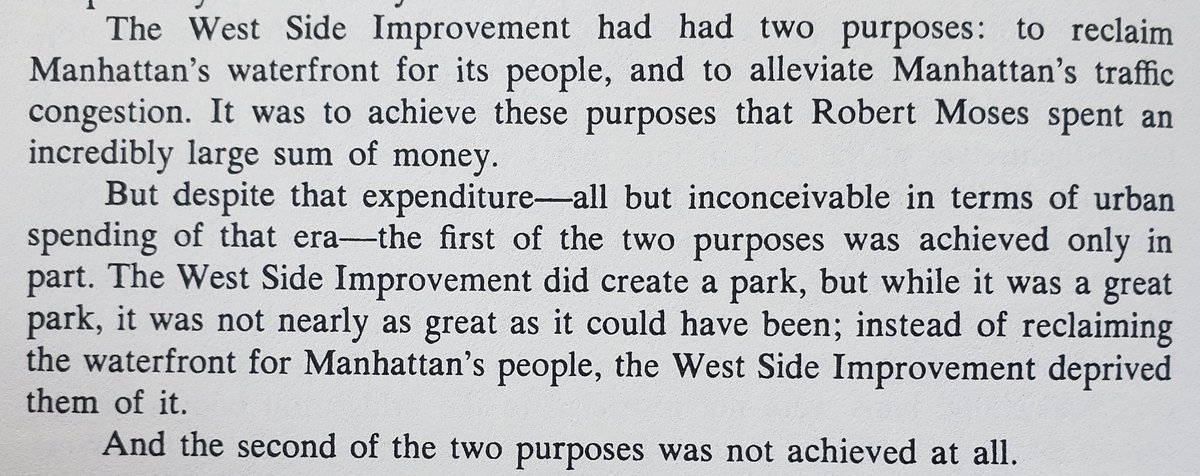 https://abs.twimg.com/emoji/v2/... draggable="false" alt="🤷🏿♀️" title="Achselzuckende Frau (dunkler Hautton)" aria-label="Emoji: Achselzuckende Frau (dunkler Hautton)">https://abs.twimg.com/emoji/v2/... draggable="false" alt="🤷🏿♀️" title="Achselzuckende Frau (dunkler Hautton)" aria-label="Emoji: Achselzuckende Frau (dunkler Hautton)">https://abs.twimg.com/emoji/v2/... draggable="false" alt="🤷🏿♀️" title="Achselzuckende Frau (dunkler Hautton)" aria-label="Emoji: Achselzuckende Frau (dunkler Hautton)">" title="https://abs.twimg.com/emoji/v2/... draggable="false" alt="🤷🏿♀️" title="Achselzuckende Frau (dunkler Hautton)" aria-label="Emoji: Achselzuckende Frau (dunkler Hautton)">https://abs.twimg.com/emoji/v2/... draggable="false" alt="🤷🏿♀️" title="Achselzuckende Frau (dunkler Hautton)" aria-label="Emoji: Achselzuckende Frau (dunkler Hautton)">https://abs.twimg.com/emoji/v2/... draggable="false" alt="🤷🏿♀️" title="Achselzuckende Frau (dunkler Hautton)" aria-label="Emoji: Achselzuckende Frau (dunkler Hautton)">https://abs.twimg.com/emoji/v2/... draggable="false" alt="🤷🏿♀️" title="Achselzuckende Frau (dunkler Hautton)" aria-label="Emoji: Achselzuckende Frau (dunkler Hautton)">" class="img-responsive" style="max-width:100%;"/>
https://abs.twimg.com/emoji/v2/... draggable="false" alt="🤷🏿♀️" title="Achselzuckende Frau (dunkler Hautton)" aria-label="Emoji: Achselzuckende Frau (dunkler Hautton)">https://abs.twimg.com/emoji/v2/... draggable="false" alt="🤷🏿♀️" title="Achselzuckende Frau (dunkler Hautton)" aria-label="Emoji: Achselzuckende Frau (dunkler Hautton)">https://abs.twimg.com/emoji/v2/... draggable="false" alt="🤷🏿♀️" title="Achselzuckende Frau (dunkler Hautton)" aria-label="Emoji: Achselzuckende Frau (dunkler Hautton)">" title="https://abs.twimg.com/emoji/v2/... draggable="false" alt="🤷🏿♀️" title="Achselzuckende Frau (dunkler Hautton)" aria-label="Emoji: Achselzuckende Frau (dunkler Hautton)">https://abs.twimg.com/emoji/v2/... draggable="false" alt="🤷🏿♀️" title="Achselzuckende Frau (dunkler Hautton)" aria-label="Emoji: Achselzuckende Frau (dunkler Hautton)">https://abs.twimg.com/emoji/v2/... draggable="false" alt="🤷🏿♀️" title="Achselzuckende Frau (dunkler Hautton)" aria-label="Emoji: Achselzuckende Frau (dunkler Hautton)">https://abs.twimg.com/emoji/v2/... draggable="false" alt="🤷🏿♀️" title="Achselzuckende Frau (dunkler Hautton)" aria-label="Emoji: Achselzuckende Frau (dunkler Hautton)">" class="img-responsive" style="max-width:100%;"/>
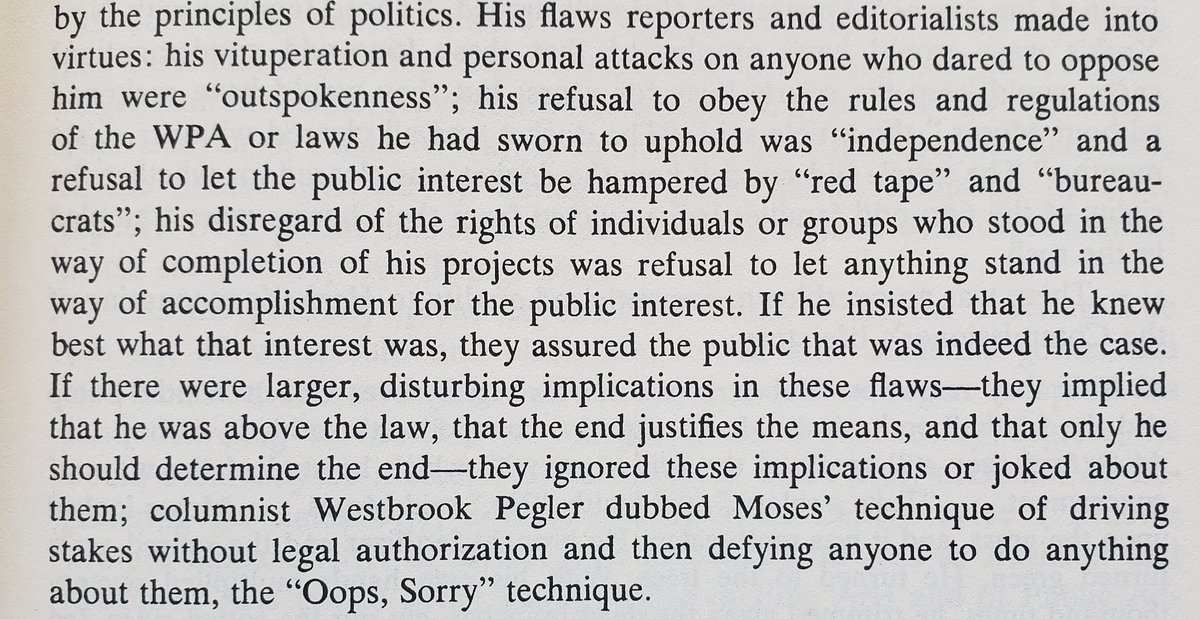
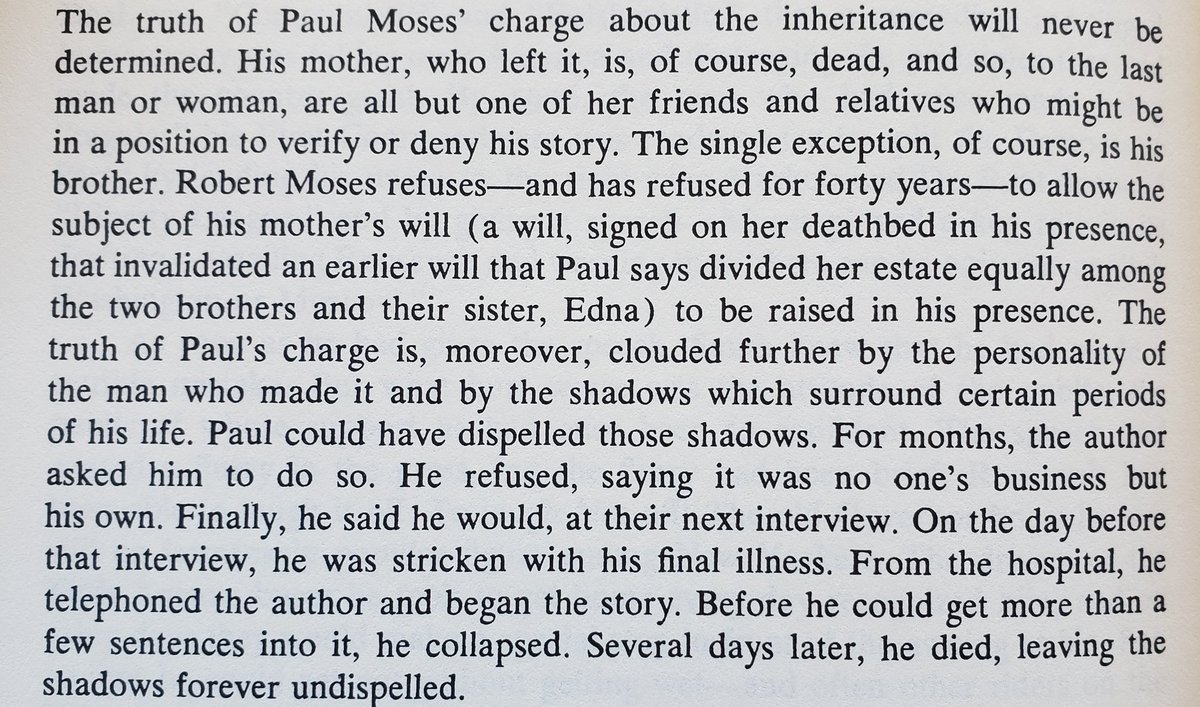
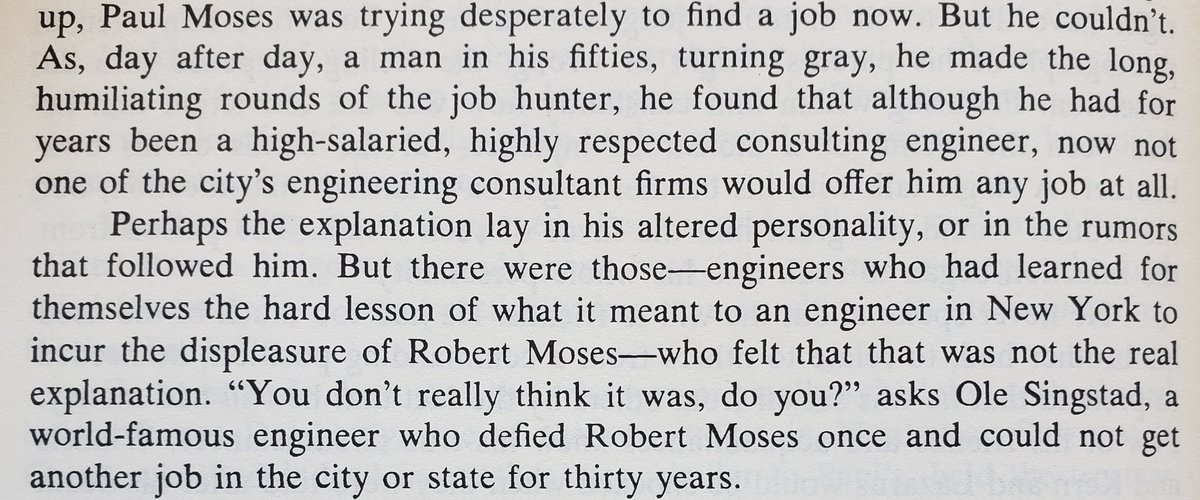
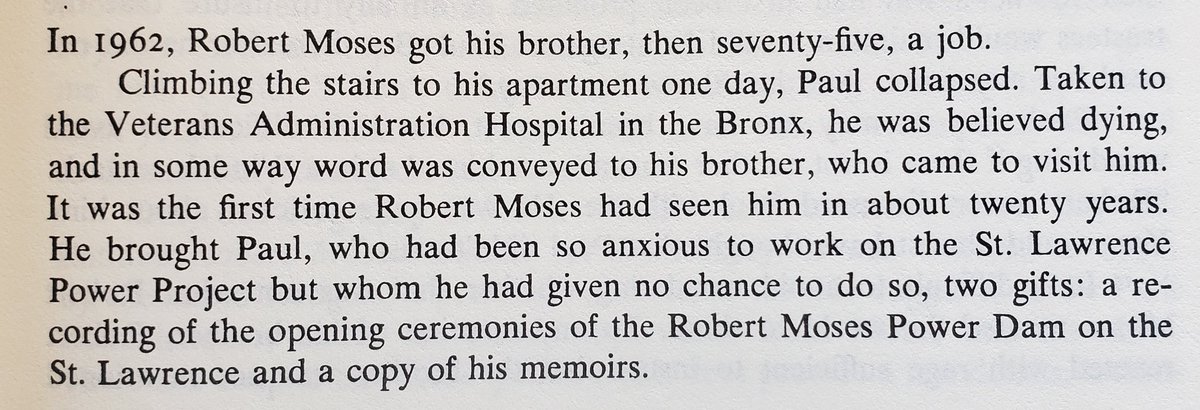


 TURNING POINThttps://abs.twimg.com/emoji/v2/... draggable="false" alt="🎶" title="Mehrere Musiknoten" aria-label="Emoji: Mehrere Musiknoten">" title="https://abs.twimg.com/emoji/v2/... draggable="false" alt="🎶" title="Mehrere Musiknoten" aria-label="Emoji: Mehrere Musiknoten">TURNING POINThttps://abs.twimg.com/emoji/v2/... draggable="false" alt="🎶" title="Mehrere Musiknoten" aria-label="Emoji: Mehrere Musiknoten">" class="img-responsive" style="max-width:100%;"/>
TURNING POINThttps://abs.twimg.com/emoji/v2/... draggable="false" alt="🎶" title="Mehrere Musiknoten" aria-label="Emoji: Mehrere Musiknoten">" title="https://abs.twimg.com/emoji/v2/... draggable="false" alt="🎶" title="Mehrere Musiknoten" aria-label="Emoji: Mehrere Musiknoten">TURNING POINThttps://abs.twimg.com/emoji/v2/... draggable="false" alt="🎶" title="Mehrere Musiknoten" aria-label="Emoji: Mehrere Musiknoten">" class="img-responsive" style="max-width:100%;"/>
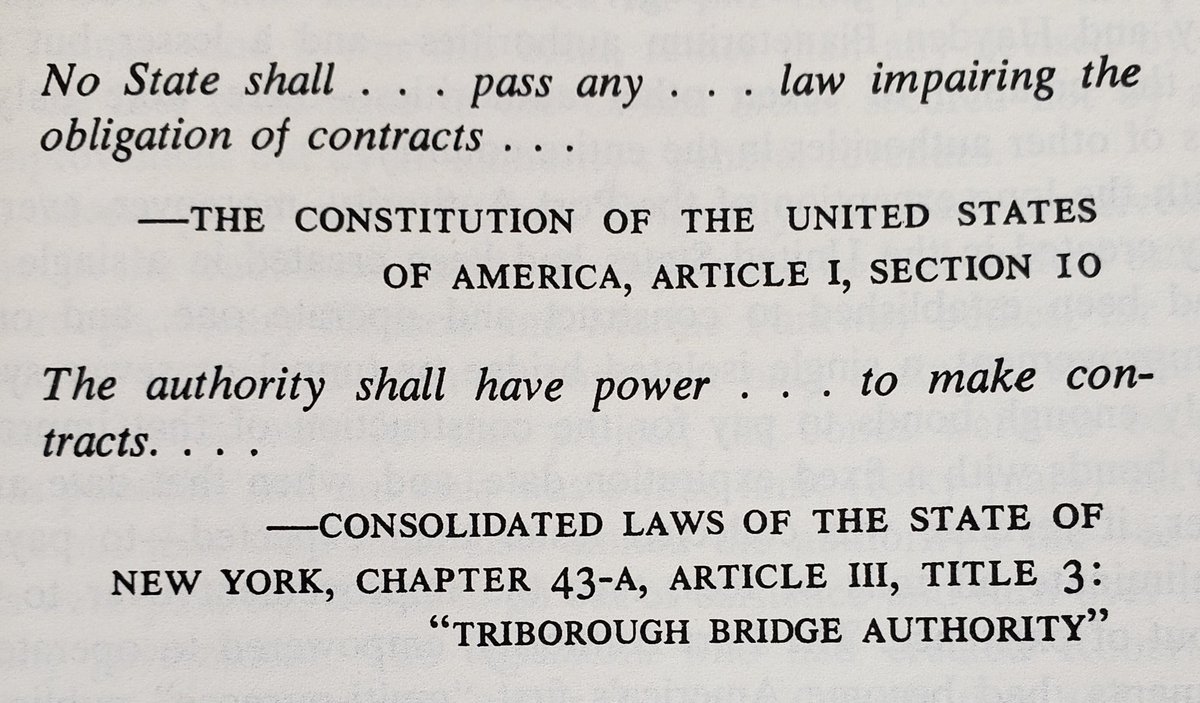

 https://abs.twimg.com/emoji/v2/... draggable="false" alt="🆒" title="Quadratisches COOL Symbol" aria-label="Emoji: Quadratisches COOL Symbol">https://abs.twimg.com/emoji/v2/... draggable="false" alt="🆒" title="Quadratisches COOL Symbol" aria-label="Emoji: Quadratisches COOL Symbol">https://abs.twimg.com/emoji/v2/... draggable="false" alt="🆒" title="Quadratisches COOL Symbol" aria-label="Emoji: Quadratisches COOL Symbol">https://abs.twimg.com/emoji/v2/... draggable="false" alt="🆒" title="Quadratisches COOL Symbol" aria-label="Emoji: Quadratisches COOL Symbol"> The authority referenced here is Triborough and the revenue is tolls from the now-packed bridges that he built." title="https://abs.twimg.com/emoji/v2/... draggable="false" alt="🆒" title="Quadratisches COOL Symbol" aria-label="Emoji: Quadratisches COOL Symbol">https://abs.twimg.com/emoji/v2/... draggable="false" alt="🆒" title="Quadratisches COOL Symbol" aria-label="Emoji: Quadratisches COOL Symbol">https://abs.twimg.com/emoji/v2/... draggable="false" alt="🆒" title="Quadratisches COOL Symbol" aria-label="Emoji: Quadratisches COOL Symbol">https://abs.twimg.com/emoji/v2/... draggable="false" alt="🆒" title="Quadratisches COOL Symbol" aria-label="Emoji: Quadratisches COOL Symbol">https://abs.twimg.com/emoji/v2/... draggable="false" alt="🆒" title="Quadratisches COOL Symbol" aria-label="Emoji: Quadratisches COOL Symbol"> The authority referenced here is Triborough and the revenue is tolls from the now-packed bridges that he built." class="img-responsive" style="max-width:100%;"/>
https://abs.twimg.com/emoji/v2/... draggable="false" alt="🆒" title="Quadratisches COOL Symbol" aria-label="Emoji: Quadratisches COOL Symbol">https://abs.twimg.com/emoji/v2/... draggable="false" alt="🆒" title="Quadratisches COOL Symbol" aria-label="Emoji: Quadratisches COOL Symbol">https://abs.twimg.com/emoji/v2/... draggable="false" alt="🆒" title="Quadratisches COOL Symbol" aria-label="Emoji: Quadratisches COOL Symbol">https://abs.twimg.com/emoji/v2/... draggable="false" alt="🆒" title="Quadratisches COOL Symbol" aria-label="Emoji: Quadratisches COOL Symbol"> The authority referenced here is Triborough and the revenue is tolls from the now-packed bridges that he built." title="https://abs.twimg.com/emoji/v2/... draggable="false" alt="🆒" title="Quadratisches COOL Symbol" aria-label="Emoji: Quadratisches COOL Symbol">https://abs.twimg.com/emoji/v2/... draggable="false" alt="🆒" title="Quadratisches COOL Symbol" aria-label="Emoji: Quadratisches COOL Symbol">https://abs.twimg.com/emoji/v2/... draggable="false" alt="🆒" title="Quadratisches COOL Symbol" aria-label="Emoji: Quadratisches COOL Symbol">https://abs.twimg.com/emoji/v2/... draggable="false" alt="🆒" title="Quadratisches COOL Symbol" aria-label="Emoji: Quadratisches COOL Symbol">https://abs.twimg.com/emoji/v2/... draggable="false" alt="🆒" title="Quadratisches COOL Symbol" aria-label="Emoji: Quadratisches COOL Symbol"> The authority referenced here is Triborough and the revenue is tolls from the now-packed bridges that he built." class="img-responsive" style="max-width:100%;"/>

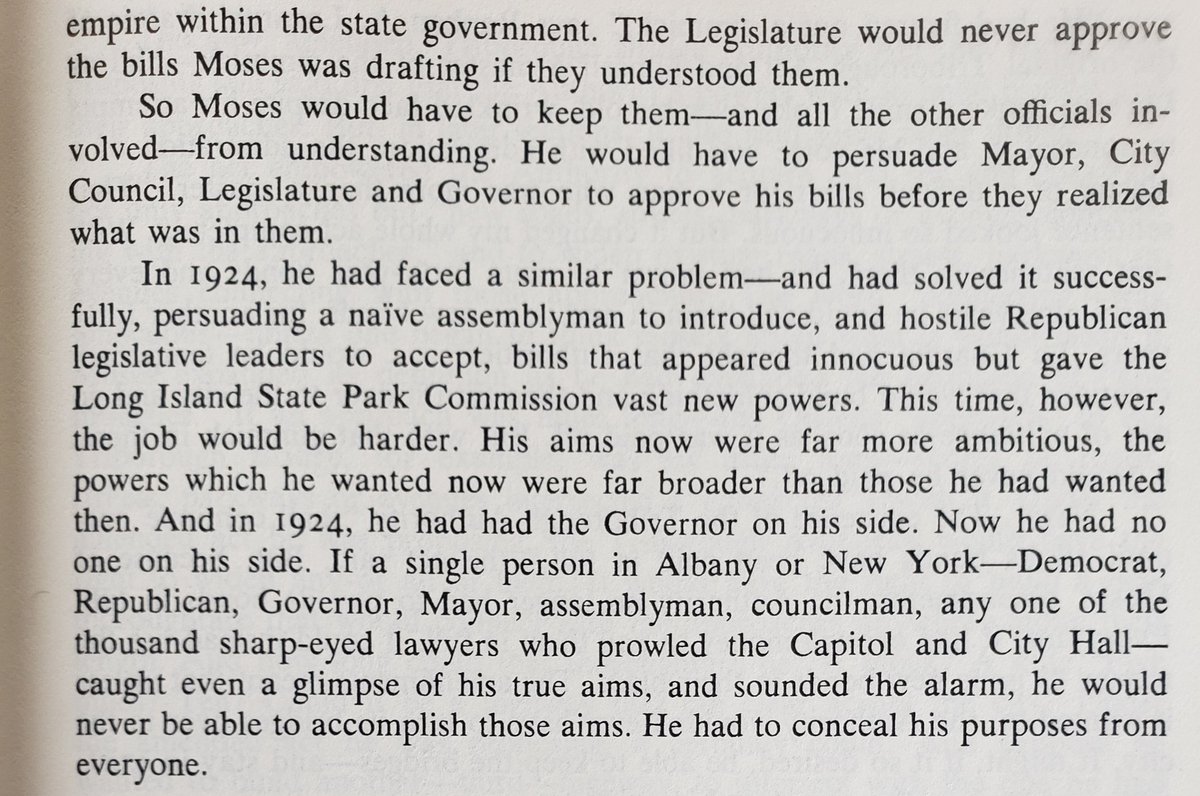



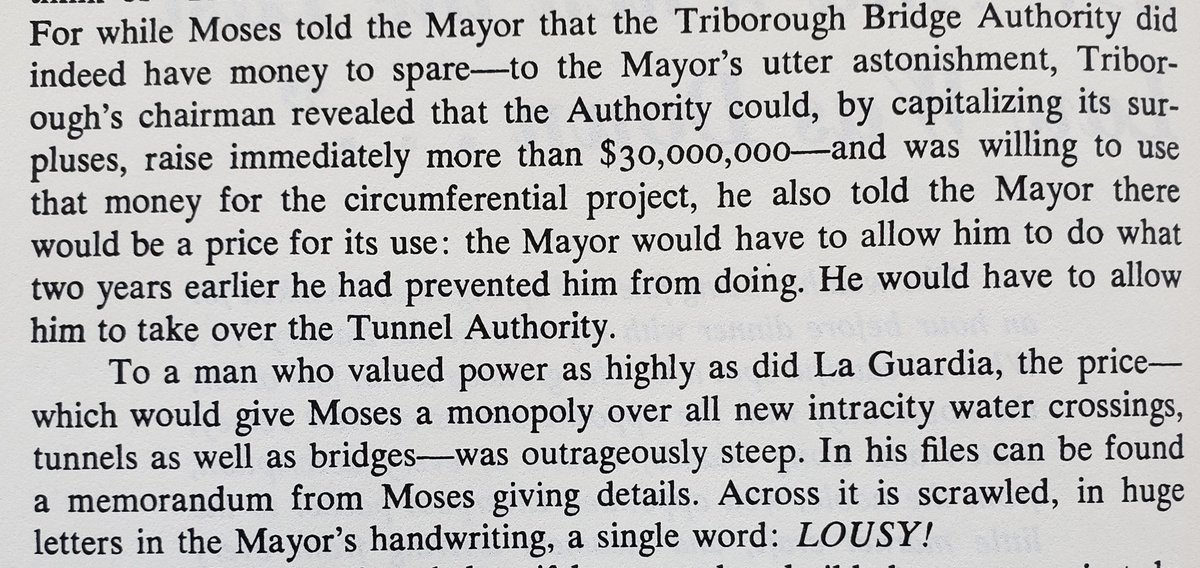

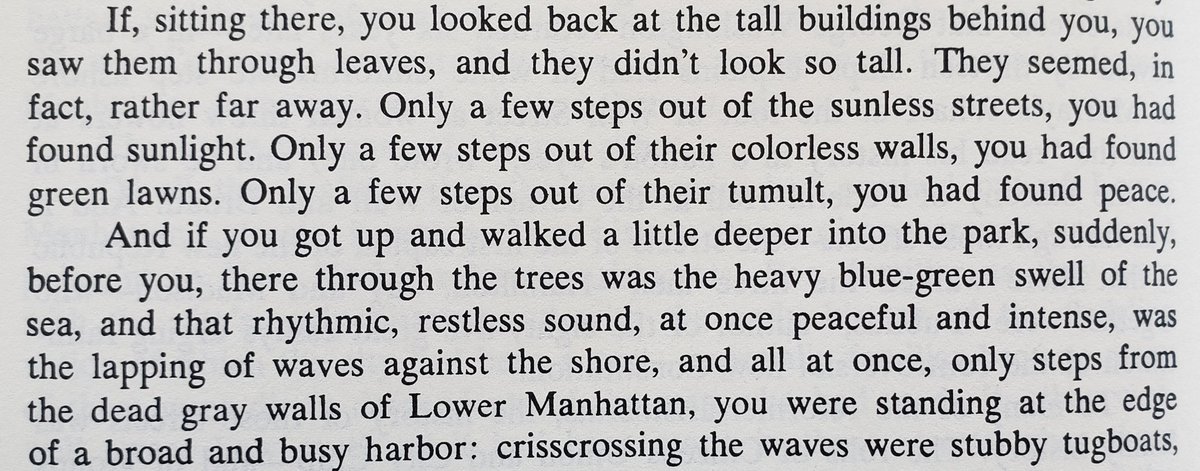


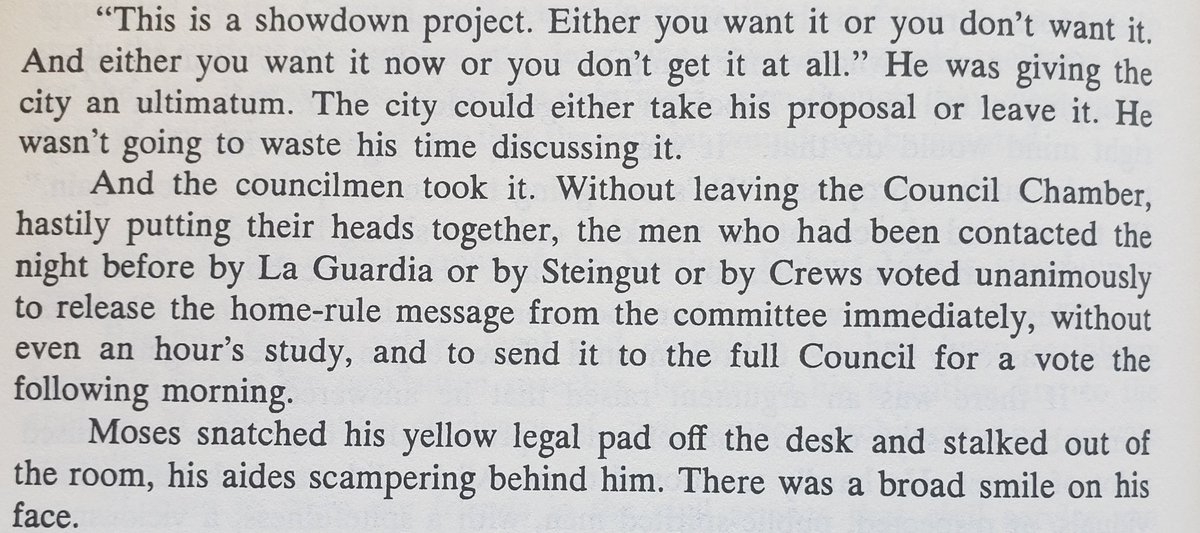

![Lol, she didn& #39;t even mention his name. "[A] New York official." Lol, she didn& #39;t even mention his name. "[A] New York official."](https://pbs.twimg.com/media/Eby0mTEUwAAgnKd.jpg)


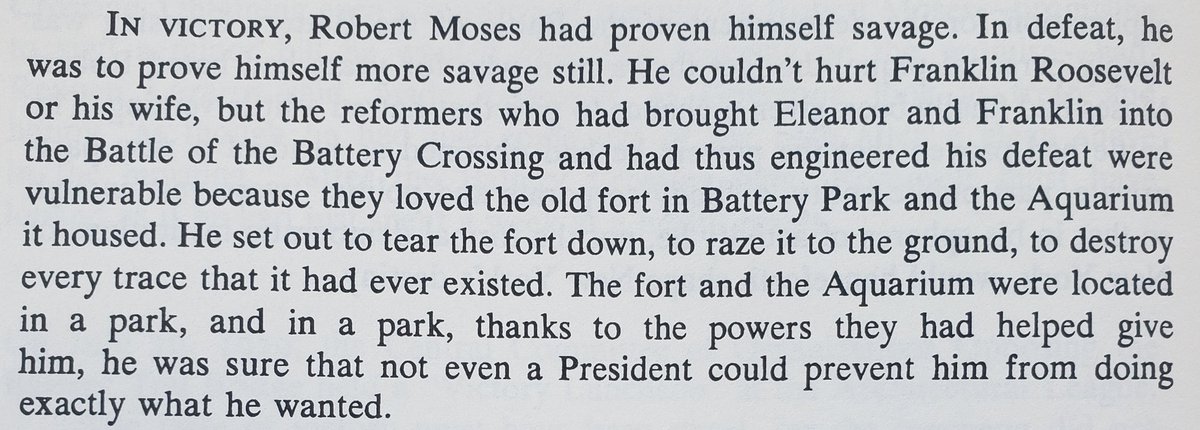



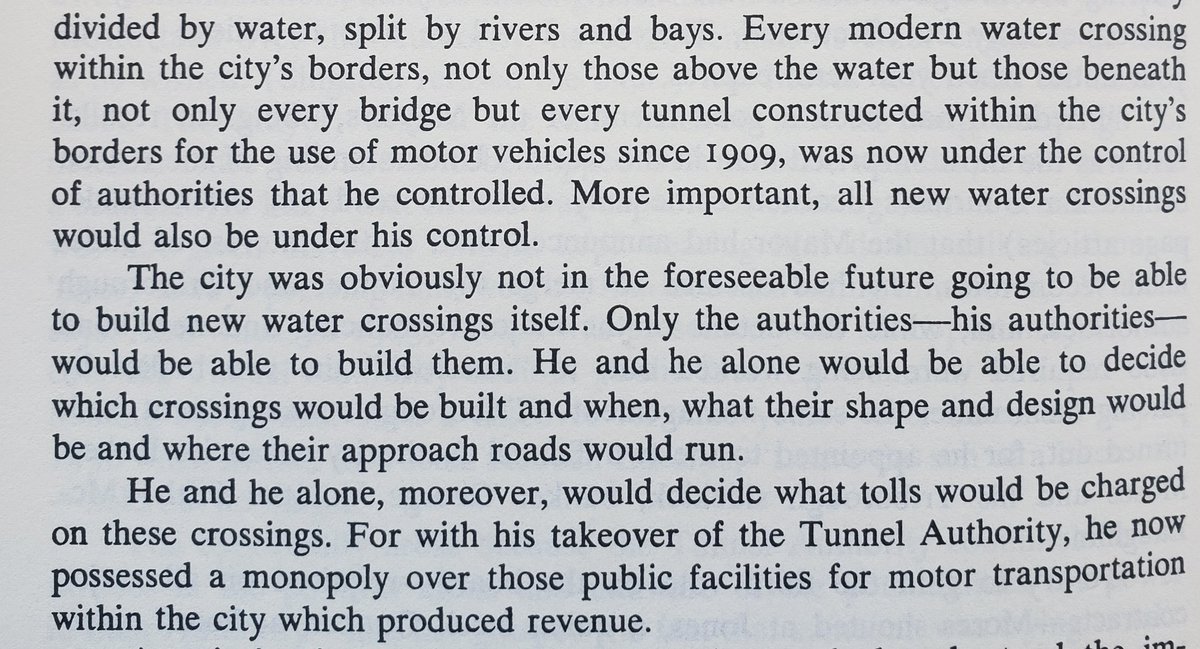
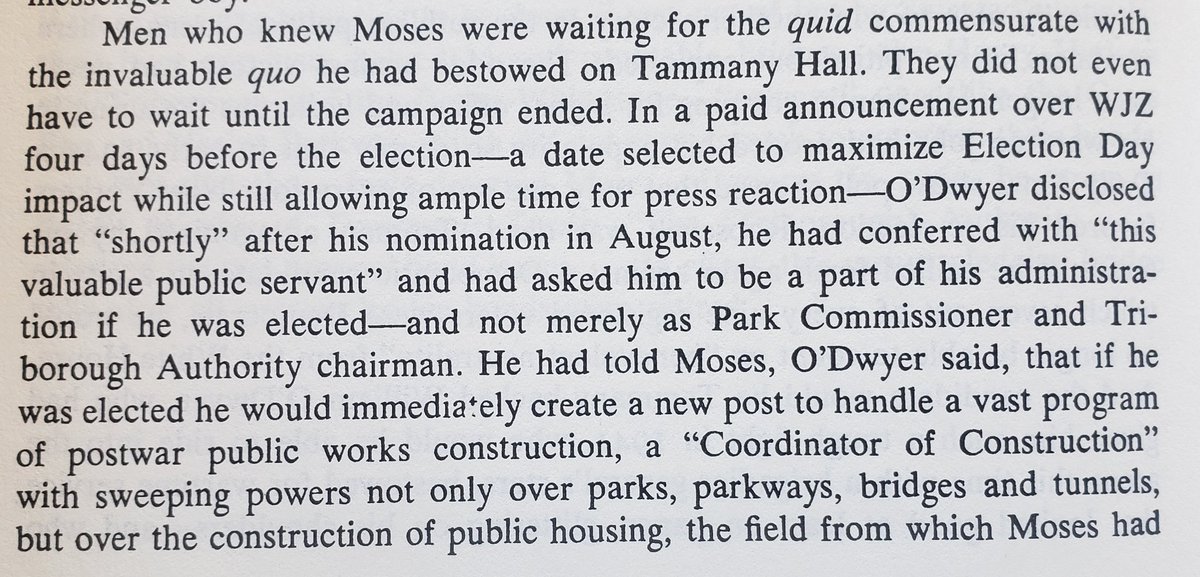


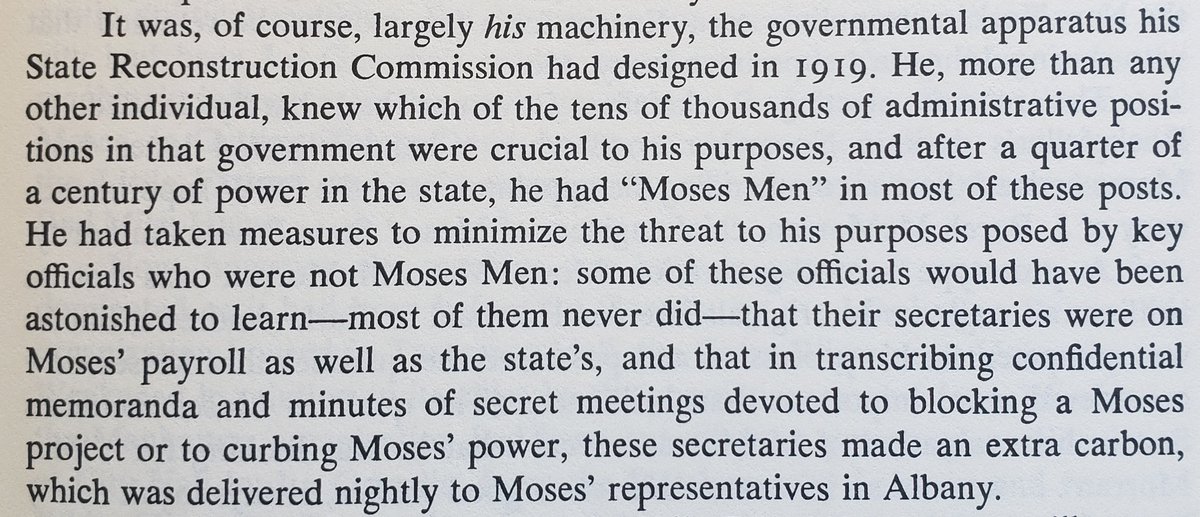



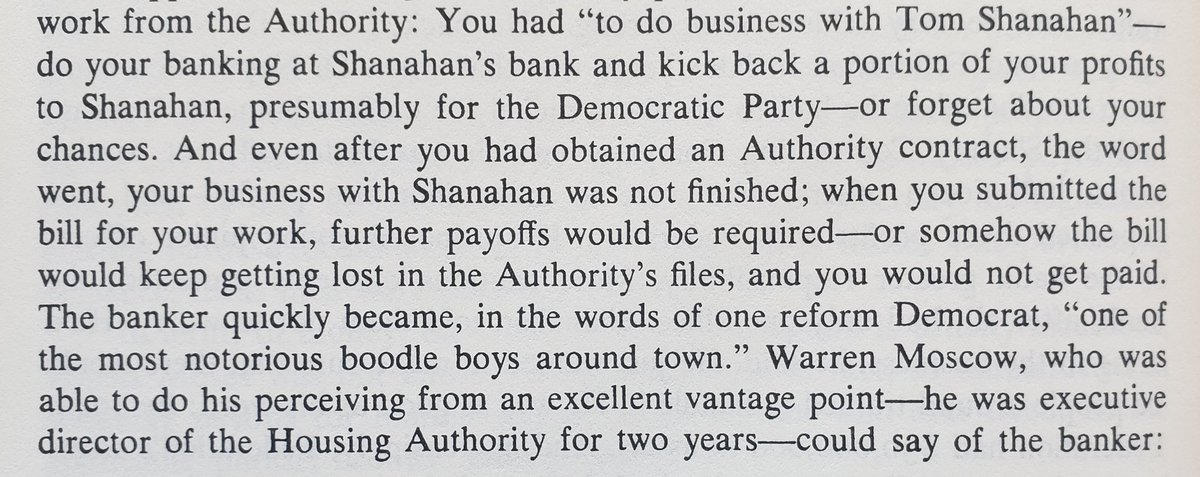
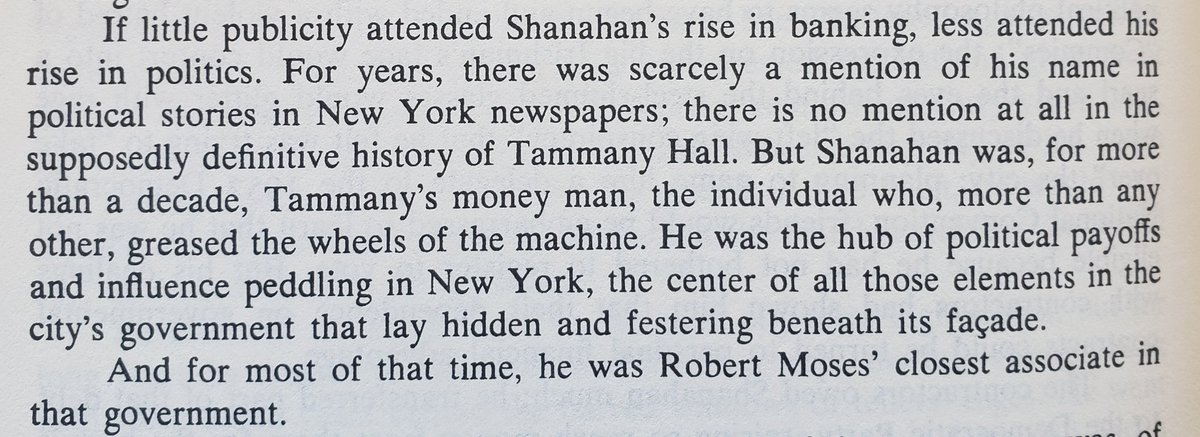

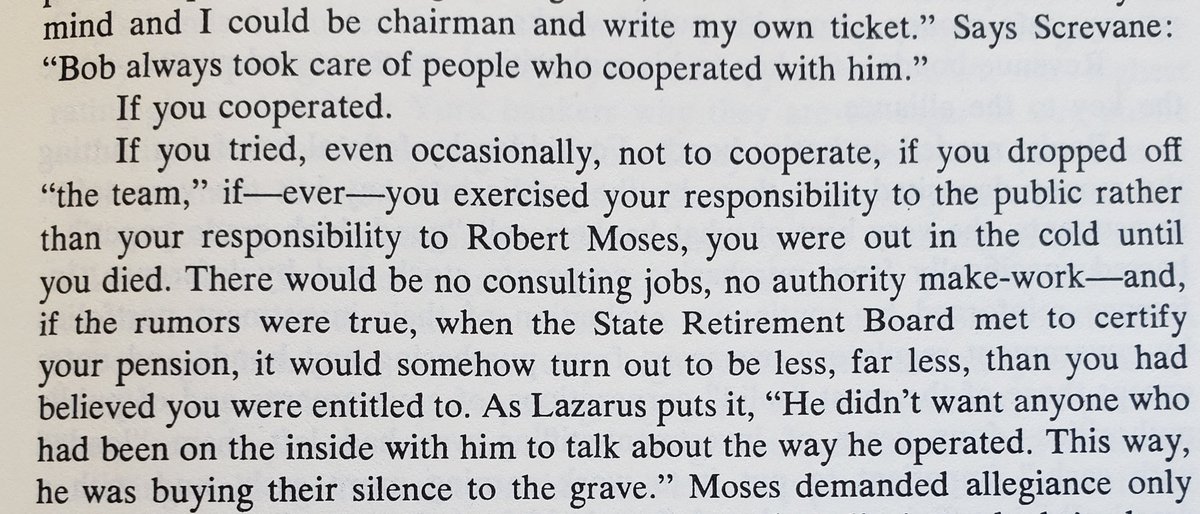
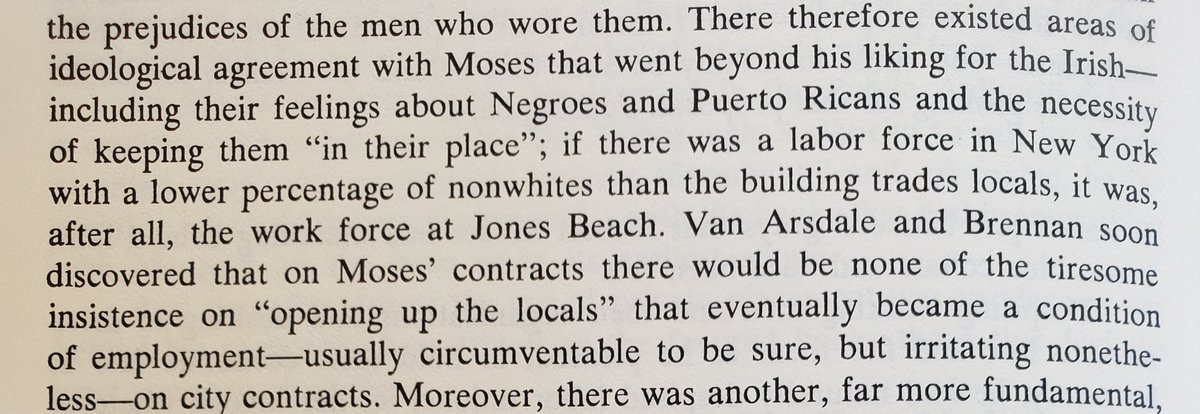


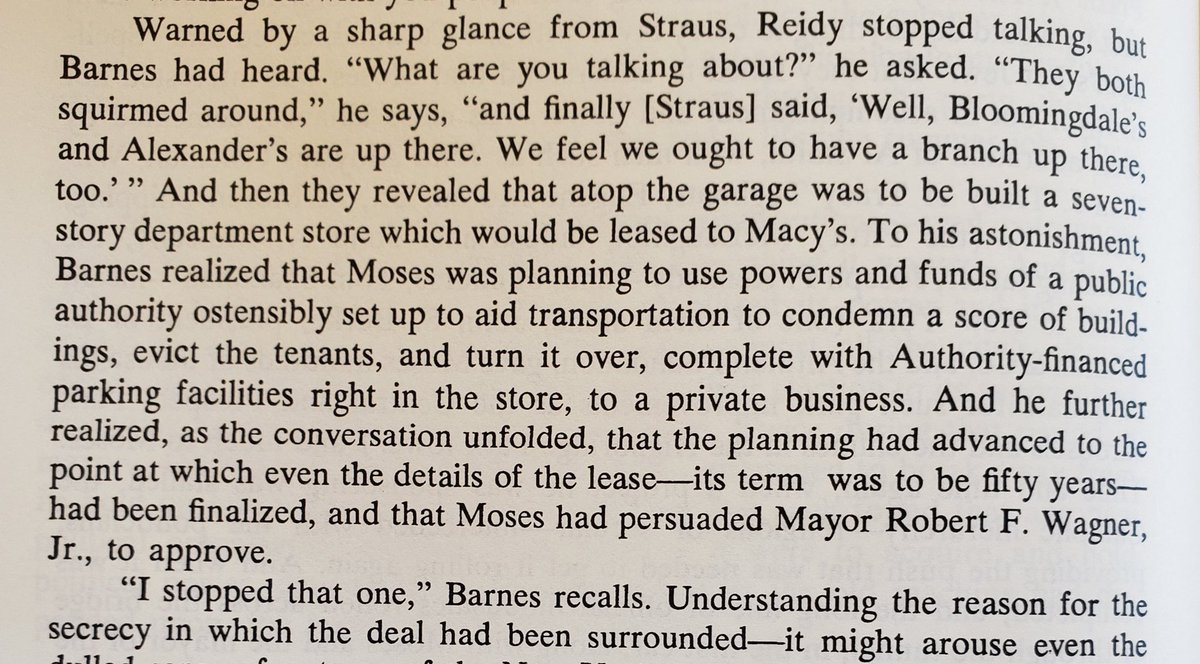


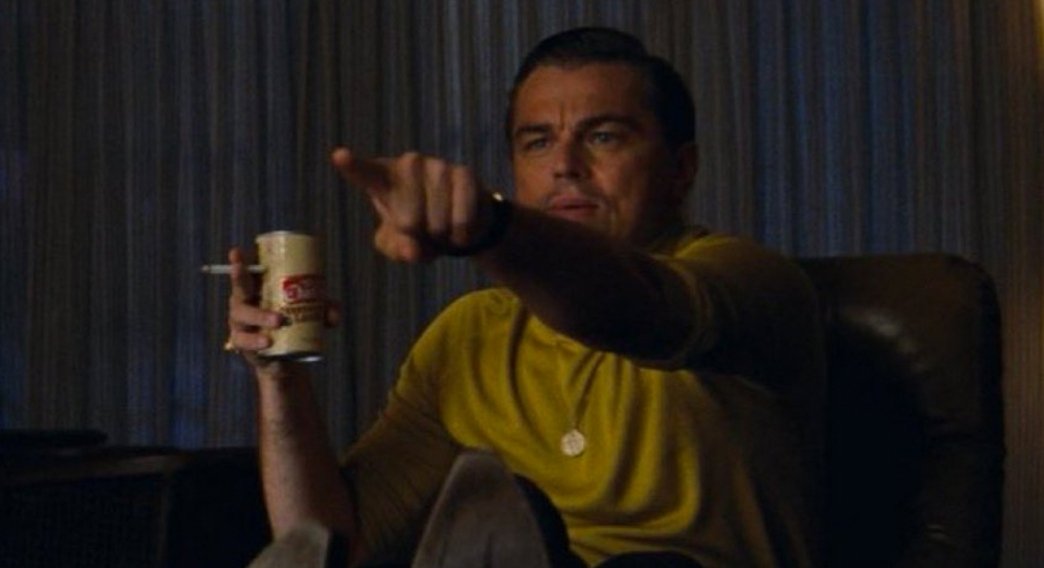
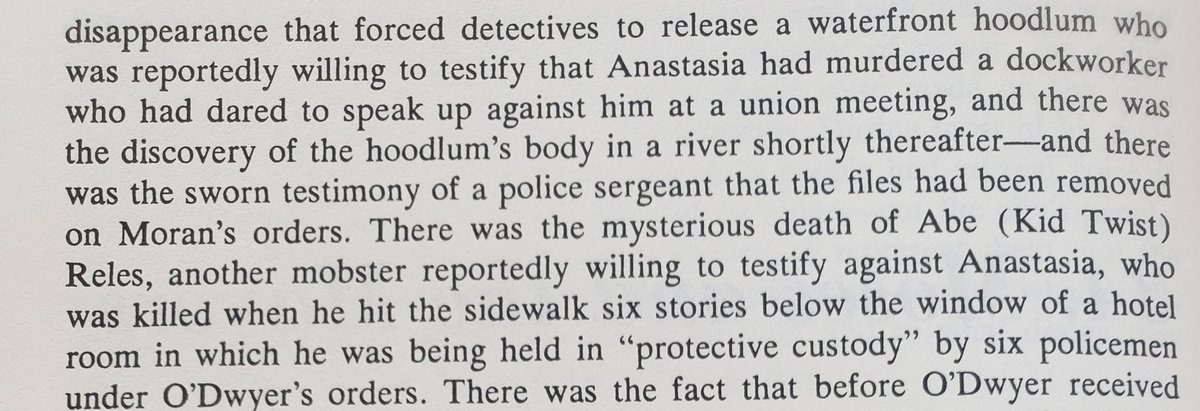 https://abs.twimg.com/emoji/v2/... draggable="false" alt="👀" title="Augen" aria-label="Emoji: Augen">https://abs.twimg.com/emoji/v2/... draggable="false" alt="👀" title="Augen" aria-label="Emoji: Augen">https://abs.twimg.com/emoji/v2/... draggable="false" alt="👀" title="Augen" aria-label="Emoji: Augen">" title="These, um, happenings from when William O& #39;Dwyer (Mayor of NYC after La Guardia) was District Attorney are https://abs.twimg.com/emoji/v2/... draggable="false" alt="👀" title="Augen" aria-label="Emoji: Augen">https://abs.twimg.com/emoji/v2/... draggable="false" alt="👀" title="Augen" aria-label="Emoji: Augen">https://abs.twimg.com/emoji/v2/... draggable="false" alt="👀" title="Augen" aria-label="Emoji: Augen">https://abs.twimg.com/emoji/v2/... draggable="false" alt="👀" title="Augen" aria-label="Emoji: Augen">" class="img-responsive" style="max-width:100%;"/>
https://abs.twimg.com/emoji/v2/... draggable="false" alt="👀" title="Augen" aria-label="Emoji: Augen">https://abs.twimg.com/emoji/v2/... draggable="false" alt="👀" title="Augen" aria-label="Emoji: Augen">https://abs.twimg.com/emoji/v2/... draggable="false" alt="👀" title="Augen" aria-label="Emoji: Augen">" title="These, um, happenings from when William O& #39;Dwyer (Mayor of NYC after La Guardia) was District Attorney are https://abs.twimg.com/emoji/v2/... draggable="false" alt="👀" title="Augen" aria-label="Emoji: Augen">https://abs.twimg.com/emoji/v2/... draggable="false" alt="👀" title="Augen" aria-label="Emoji: Augen">https://abs.twimg.com/emoji/v2/... draggable="false" alt="👀" title="Augen" aria-label="Emoji: Augen">https://abs.twimg.com/emoji/v2/... draggable="false" alt="👀" title="Augen" aria-label="Emoji: Augen">" class="img-responsive" style="max-width:100%;"/>
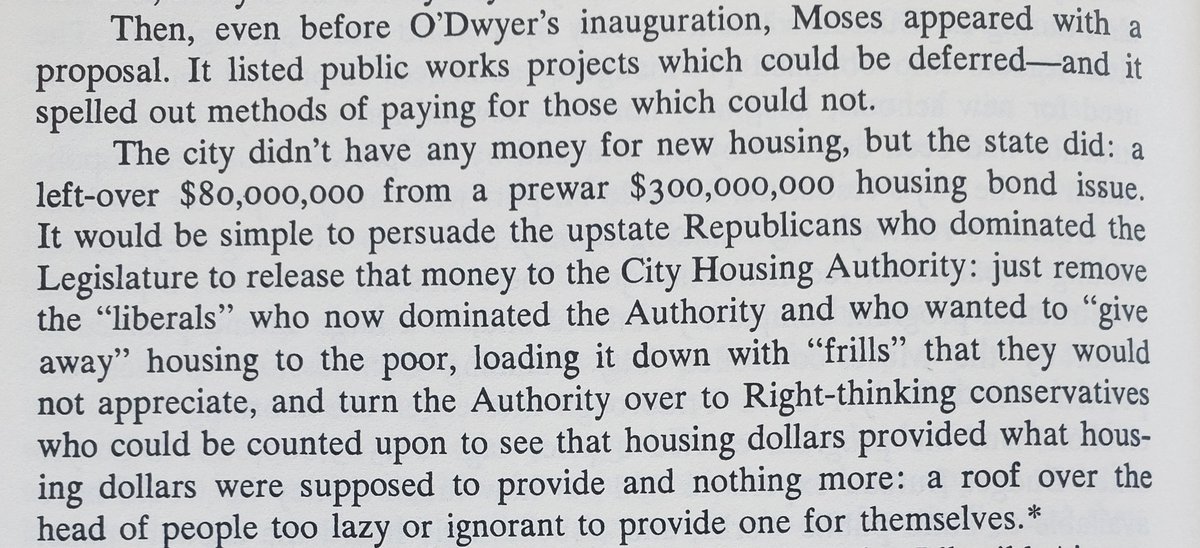








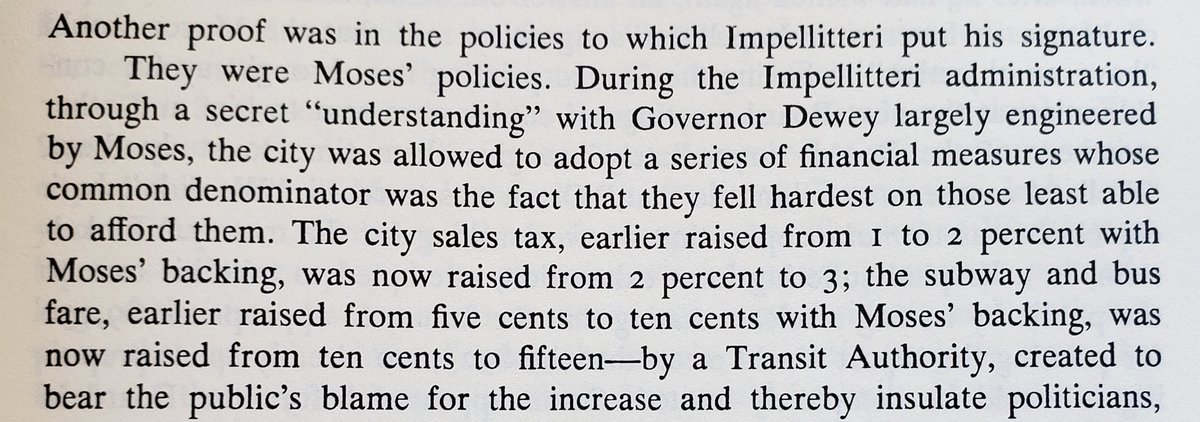




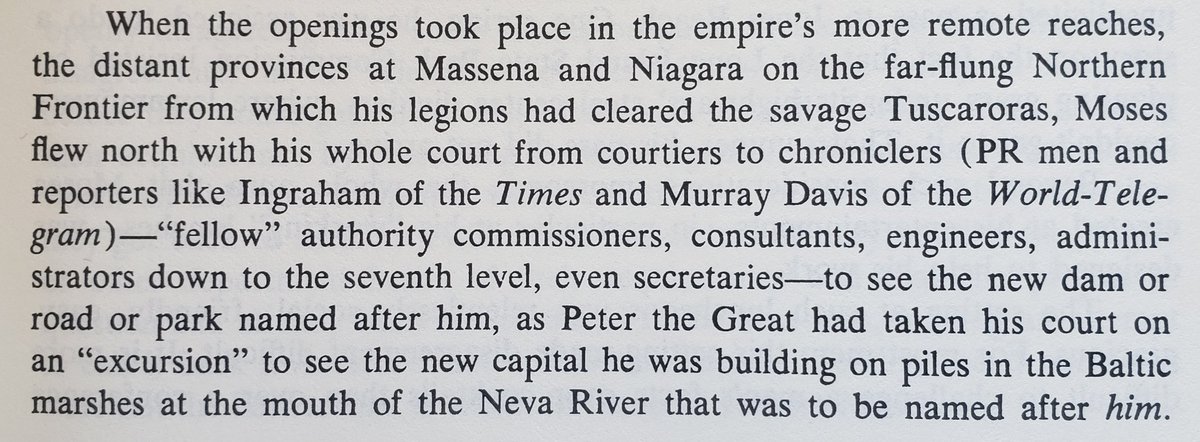
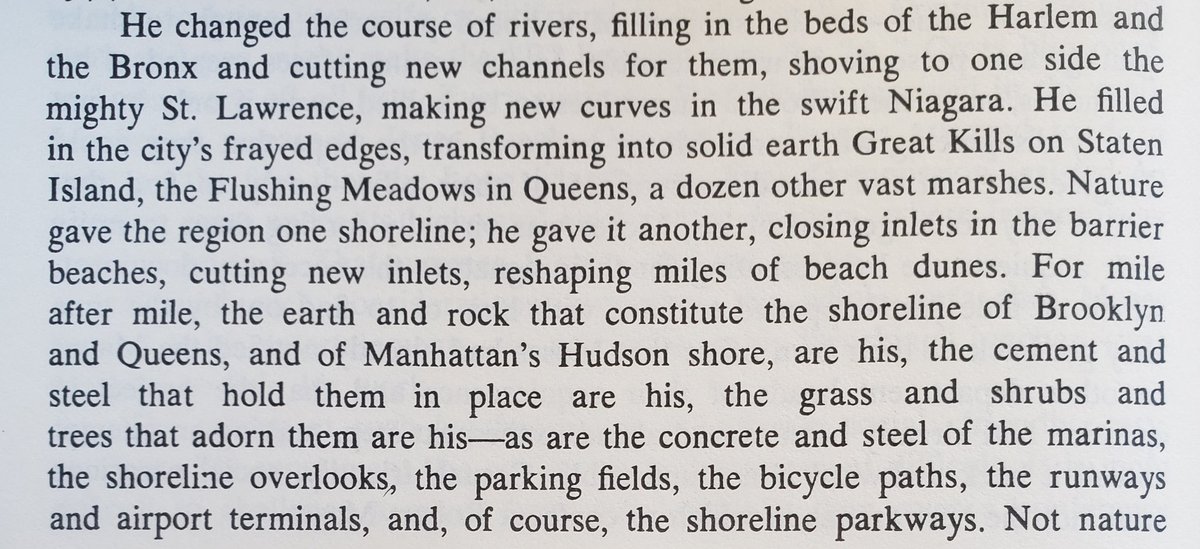
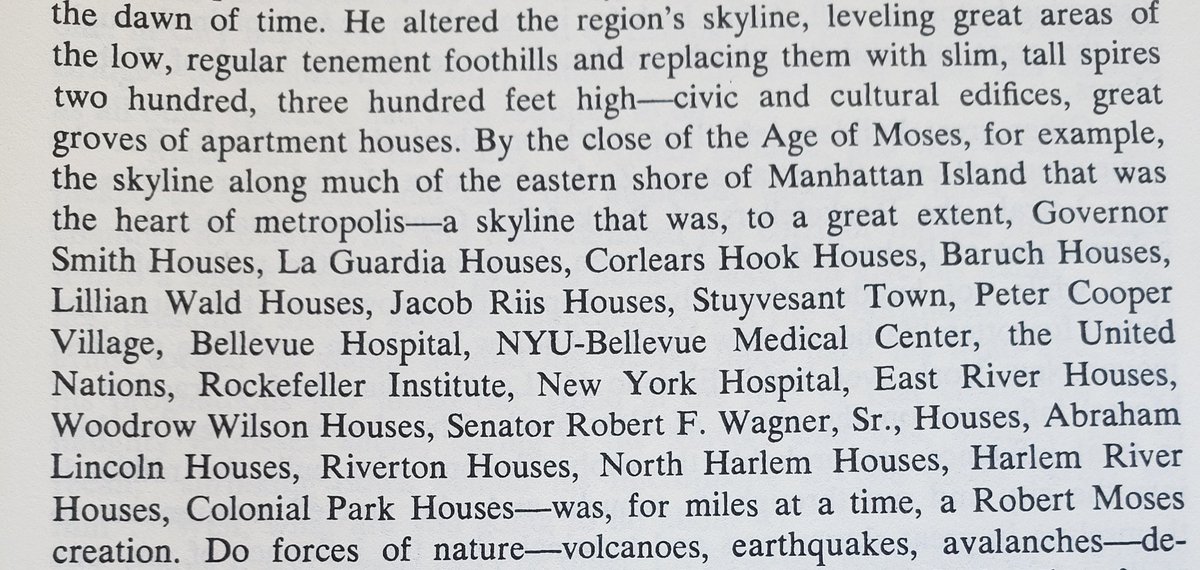



!["[T]oy building blocks" where people lived and worked and prayed. "[T]oy building blocks" where people lived and worked and prayed.](https://pbs.twimg.com/media/Ec1vVwFVAAACIKi.jpg)
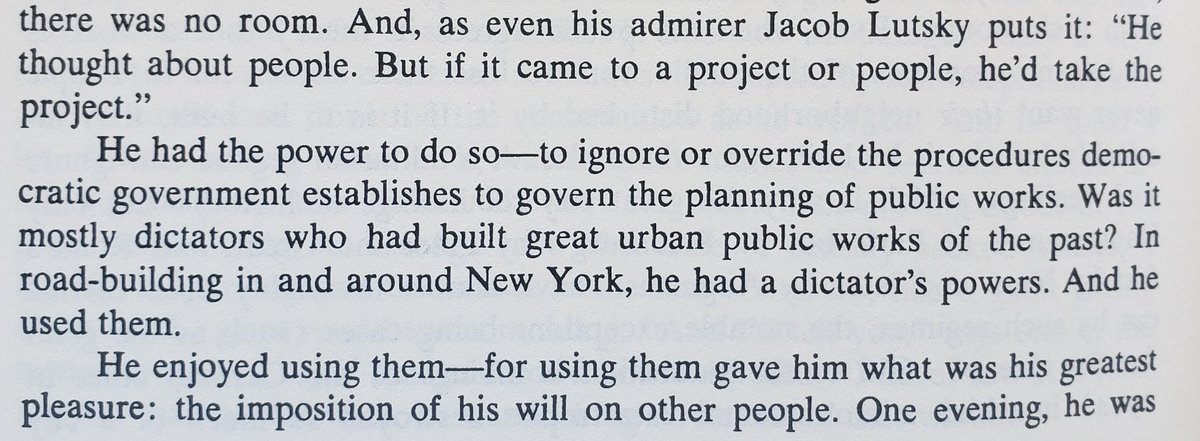
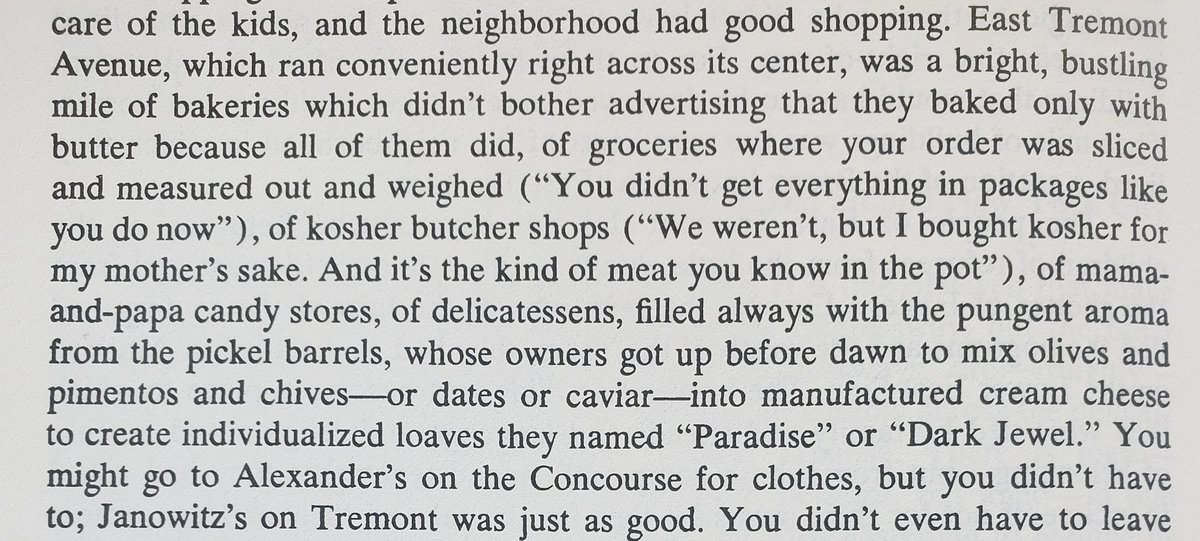




!["[W]ithout a balanced system, roads not only would not alleviate transportation congestion but would aggravate it."Mmhmm. "[W]ithout a balanced system, roads not only would not alleviate transportation congestion but would aggravate it."Mmhmm.](https://pbs.twimg.com/media/EdFOl5NU8AEJLAp.jpg)
![Ausdrucksloses Gesicht "[I]nto areas of the city in which highways were not needed, in which the need for highways would be created by the highways"https://abs.twimg.com/emoji/v2/... draggable=](https://pbs.twimg.com/media/EdJ9L_UUMAEbYIz.jpg) https://abs.twimg.com/emoji/v2/... draggable="false" alt="😑" title="Ausdrucksloses Gesicht" aria-label="Emoji: Ausdrucksloses Gesicht">https://abs.twimg.com/emoji/v2/... draggable="false" alt="😑" title="Ausdrucksloses Gesicht" aria-label="Emoji: Ausdrucksloses Gesicht">https://abs.twimg.com/emoji/v2/... draggable="false" alt="😑" title="Ausdrucksloses Gesicht" aria-label="Emoji: Ausdrucksloses Gesicht">" title=""[I]nto areas of the city in which highways were not needed, in which the need for highways would be created by the highways"https://abs.twimg.com/emoji/v2/... draggable="false" alt="😑" title="Ausdrucksloses Gesicht" aria-label="Emoji: Ausdrucksloses Gesicht">https://abs.twimg.com/emoji/v2/... draggable="false" alt="😑" title="Ausdrucksloses Gesicht" aria-label="Emoji: Ausdrucksloses Gesicht">https://abs.twimg.com/emoji/v2/... draggable="false" alt="😑" title="Ausdrucksloses Gesicht" aria-label="Emoji: Ausdrucksloses Gesicht">https://abs.twimg.com/emoji/v2/... draggable="false" alt="😑" title="Ausdrucksloses Gesicht" aria-label="Emoji: Ausdrucksloses Gesicht">" class="img-responsive" style="max-width:100%;"/>
https://abs.twimg.com/emoji/v2/... draggable="false" alt="😑" title="Ausdrucksloses Gesicht" aria-label="Emoji: Ausdrucksloses Gesicht">https://abs.twimg.com/emoji/v2/... draggable="false" alt="😑" title="Ausdrucksloses Gesicht" aria-label="Emoji: Ausdrucksloses Gesicht">https://abs.twimg.com/emoji/v2/... draggable="false" alt="😑" title="Ausdrucksloses Gesicht" aria-label="Emoji: Ausdrucksloses Gesicht">" title=""[I]nto areas of the city in which highways were not needed, in which the need for highways would be created by the highways"https://abs.twimg.com/emoji/v2/... draggable="false" alt="😑" title="Ausdrucksloses Gesicht" aria-label="Emoji: Ausdrucksloses Gesicht">https://abs.twimg.com/emoji/v2/... draggable="false" alt="😑" title="Ausdrucksloses Gesicht" aria-label="Emoji: Ausdrucksloses Gesicht">https://abs.twimg.com/emoji/v2/... draggable="false" alt="😑" title="Ausdrucksloses Gesicht" aria-label="Emoji: Ausdrucksloses Gesicht">https://abs.twimg.com/emoji/v2/... draggable="false" alt="😑" title="Ausdrucksloses Gesicht" aria-label="Emoji: Ausdrucksloses Gesicht">" class="img-responsive" style="max-width:100%;"/>
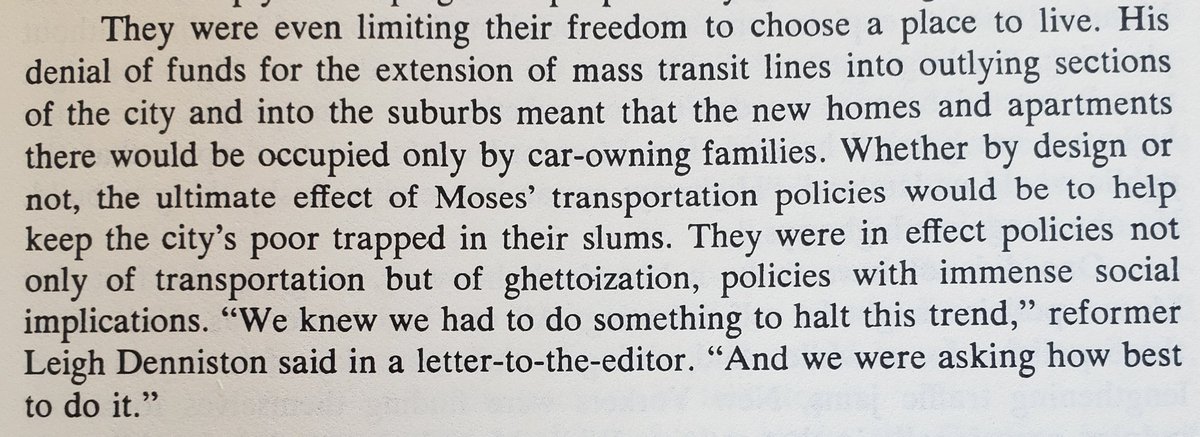




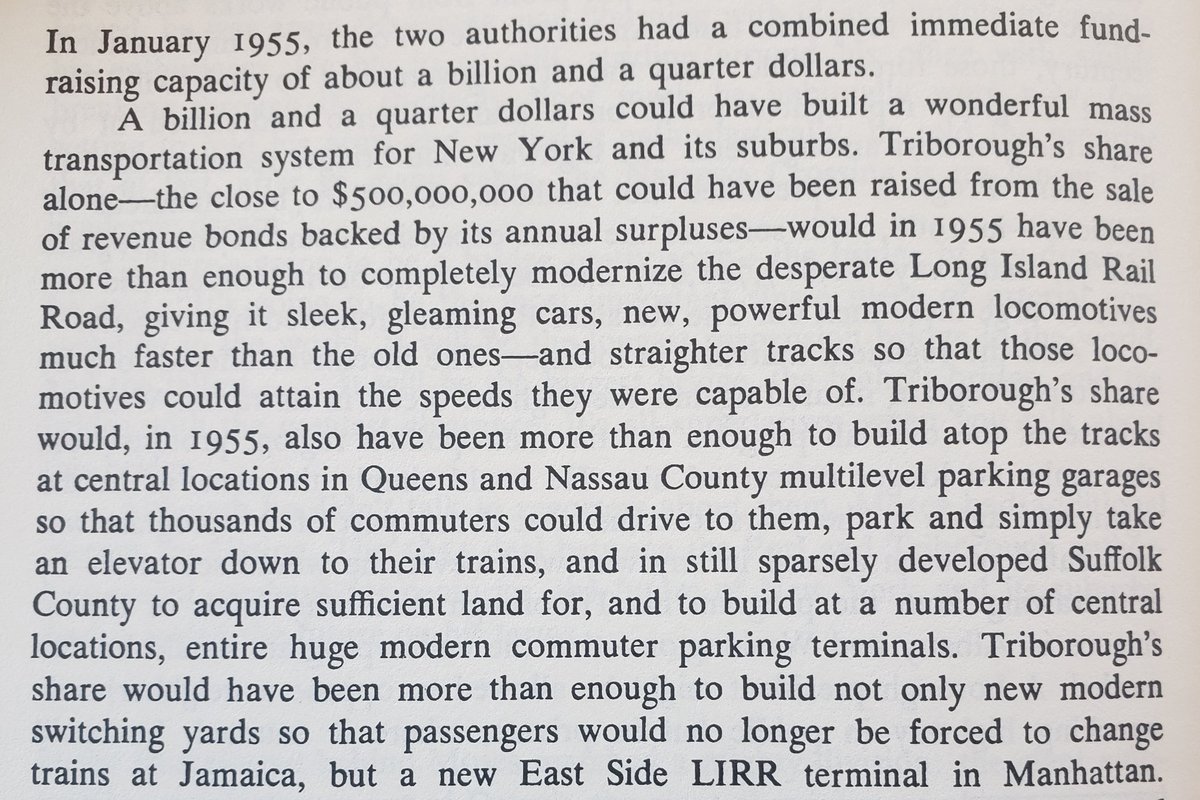 https://abs.twimg.com/emoji/v2/... draggable="false" alt="😡" title="Schmollendes Gesicht" aria-label="Emoji: Schmollendes Gesicht">https://abs.twimg.com/emoji/v2/... draggable="false" alt="😡" title="Schmollendes Gesicht" aria-label="Emoji: Schmollendes Gesicht">https://abs.twimg.com/emoji/v2/... draggable="false" alt="😡" title="Schmollendes Gesicht" aria-label="Emoji: Schmollendes Gesicht">" title="https://abs.twimg.com/emoji/v2/... draggable="false" alt="😡" title="Schmollendes Gesicht" aria-label="Emoji: Schmollendes Gesicht">https://abs.twimg.com/emoji/v2/... draggable="false" alt="😡" title="Schmollendes Gesicht" aria-label="Emoji: Schmollendes Gesicht">https://abs.twimg.com/emoji/v2/... draggable="false" alt="😡" title="Schmollendes Gesicht" aria-label="Emoji: Schmollendes Gesicht">https://abs.twimg.com/emoji/v2/... draggable="false" alt="😡" title="Schmollendes Gesicht" aria-label="Emoji: Schmollendes Gesicht">" class="img-responsive" style="max-width:100%;"/>
https://abs.twimg.com/emoji/v2/... draggable="false" alt="😡" title="Schmollendes Gesicht" aria-label="Emoji: Schmollendes Gesicht">https://abs.twimg.com/emoji/v2/... draggable="false" alt="😡" title="Schmollendes Gesicht" aria-label="Emoji: Schmollendes Gesicht">https://abs.twimg.com/emoji/v2/... draggable="false" alt="😡" title="Schmollendes Gesicht" aria-label="Emoji: Schmollendes Gesicht">" title="https://abs.twimg.com/emoji/v2/... draggable="false" alt="😡" title="Schmollendes Gesicht" aria-label="Emoji: Schmollendes Gesicht">https://abs.twimg.com/emoji/v2/... draggable="false" alt="😡" title="Schmollendes Gesicht" aria-label="Emoji: Schmollendes Gesicht">https://abs.twimg.com/emoji/v2/... draggable="false" alt="😡" title="Schmollendes Gesicht" aria-label="Emoji: Schmollendes Gesicht">https://abs.twimg.com/emoji/v2/... draggable="false" alt="😡" title="Schmollendes Gesicht" aria-label="Emoji: Schmollendes Gesicht">" class="img-responsive" style="max-width:100%;"/>
